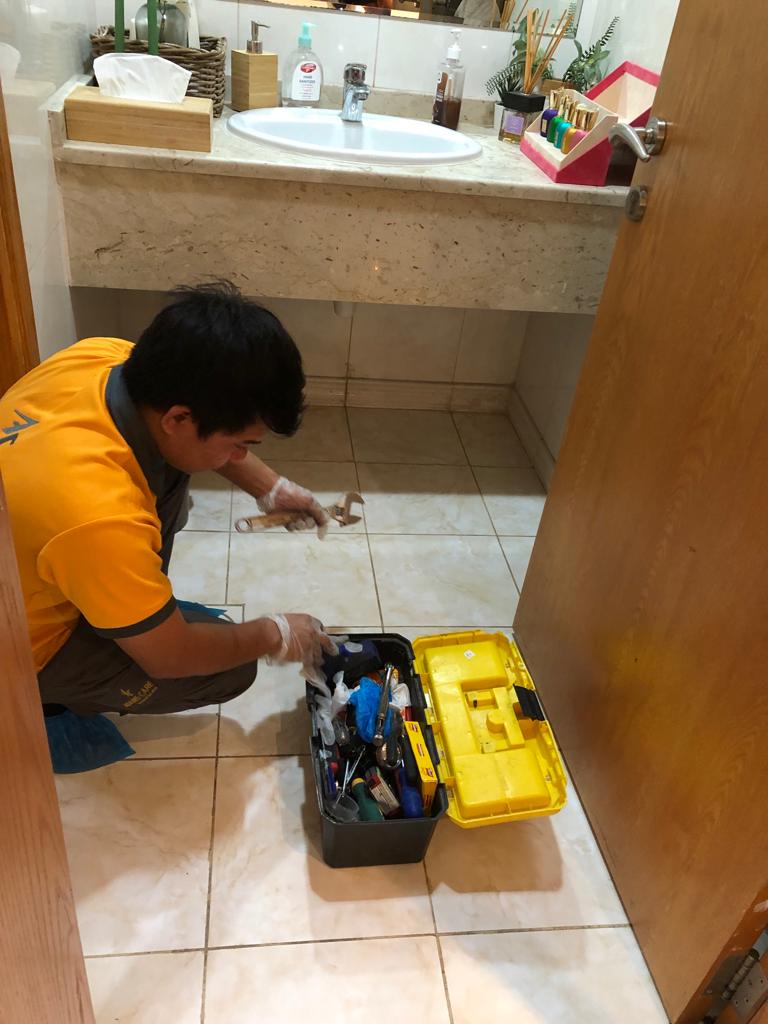
May 14, 2023
Plumbing Emergencies: How to Respond Quickly and Effectively
Beneath the calm surface of our homes, a labyrinth of pipes and valves carries life-sustaining water, silently serving our daily needs. But when a plumbing emergency shatters the tranquility, these hidden veins can unleash chaos, threatening to drown our peace of mind. This is when knowing how to respond quickly and effectively is crucial, no matter what plumbing emergency you are dealing with.
Common Plumbing Emergencies
Burst Pipes: Burst pipes usually occur due to freezing temperatures, excessive water pressure, or aging pipes. When a pipe bursts, it can release significant water into your home, leading to extensive water damage, structural issues, and the risk of mold growth.
Clogged Drains: Clogged drains often result from the accumulation of debris, grease, hair, or foreign objects in the pipes. When left unaddressed, clogged drains can cause water to back up, leading to overflowing sinks, toilets, or showers. In severe cases, this can result in water damage and unsanitary conditions.
Overflowing Toilets: An overflowing toilet typically occurs due to a blockage in the toilet trap or sewer line. The excess water can damage your bathroom floor, seep into adjacent rooms, and cause unsanitary conditions.
Leaking Water Heater: A leaking water heater may result from a faulty valve, a cracked tank, or loose connections. If left unattended, the water can cause water damage, mold growth, and potential electrical hazards if the heater is near electrical appliances. Addressing a leaking water heater promptly can help avoid more extensive damage.
Sewer Line Backups: This is a severe plumbing emergency that can result in foul odors, wastewater backup into your home, and potential health risks. It usually occurs due to clogs or blockages in the sewer line that can be caused by tree roots, debris, or damaged pipes.
Immediate Steps to Take
Shut off the Water Supply: Locate your home’s main water shut-off valve. You can usually turn the valve clockwise to shut off the water supply. This action will help prevent further water damage and flooding.
Turn off the Electricity: If the plumbing emergency involves water near electrical outlets, appliances, or exposed wiring, it’s crucial to turn off the electricity to eliminate the risk of electrical shock or fire. Locate your home’s electrical panel or circuit breaker and switch off the corresponding circuit that supplies power to the affected area.
Open Windows and Doors: Opening windows and doors can increase ventilation and promote airflow. This step is particularly important if there is excess moisture or potential water damage. Adequate ventilation helps prevent the growth of mold and mildew, reducing the risk of further property damage and potential health issues.
Relieve Pressure: In certain situations, relieving pressure can help prevent further damage before professional help arrives. For example, if a pipe is leaking or has a small hole, place a bucket or container underneath to collect the dripping water. If there is a blockage causing water to back up, carefully remove the drain cover or pop-up stopper to relieve pressure and allow water to drain slowly.
Communicate and Evacuate : if Necessary: In certain plumbing emergencies, such as a sewer backup, immediate evacuation may be necessary to ensure personal safety. If there is a sewer backup, evacuate the affected area and contact a professional plumber to address the issue safely.
Contacting a Plumber
While you may be tempted to fix the issue yourself, it’s essential to know that most easy fixes are temporary. So if the problem exceeds your expertise or if the issue is in a hard-to-reach area, it’s best to leave it to a handyman or professional plumber. After all, you wouldn’t want to risk the problem worsening, as there is a significant risk of a shoddy repair job exacerbating the problem.
Instead, you can focus on preventative measures, which can significantly reduce the likelihood of future plumbing emergencies. This includes regular maintenance, where you should schedule routine inspections by a professional plumber to identify and address any potential issues before they escalate and ensure proper disposal of grease, oil, and other materials, as otherwise, they can accumulate in the pipes and cause blockages.
Leave Your Plumbing To The Professionals
In the realm of plumbing emergencies, knowledge is your greatest ally. Thus, while temporary fixes can provide some respite, the expertise of a skilled professional, such as a handyman service or specialized plumbing services, is invaluable in ensuring a lasting solution.
So now, armed with an understanding of immediate steps to take and the importance of seeking professional assistance, you will be able to deal with the most unexpected plumbing mishaps. Whether you turn to a handyman for immediate assistance or seek the expertise of specialized plumbing services, know that help is readily available.
More Blogs
-
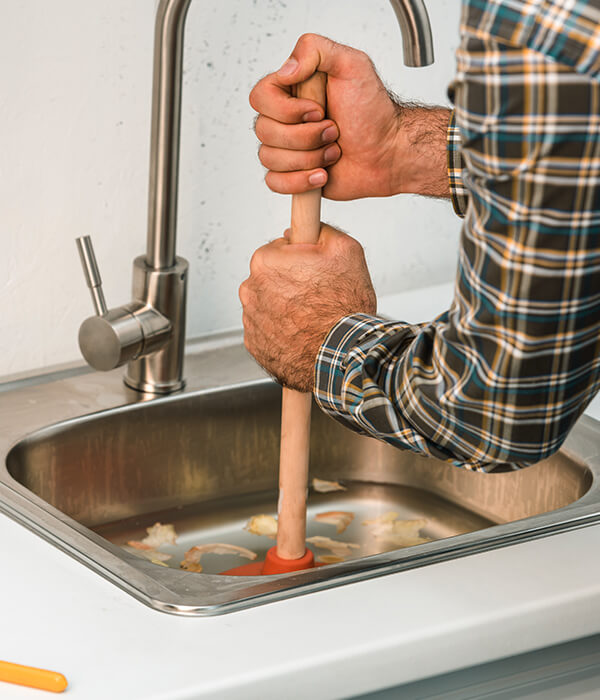
Aug 28, 2023
Common Handyman Tasks: A Comprehensive List of Services Offered
-
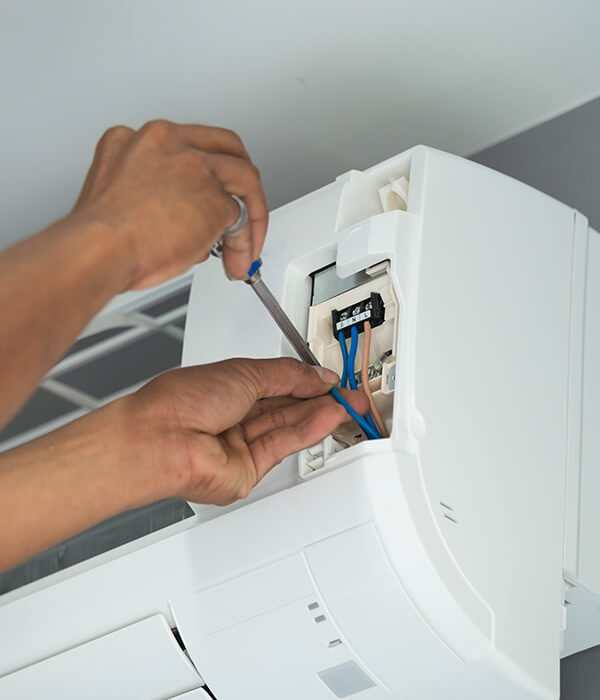
Aug 21, 2023
Energy Audits for UAE Homes: Identifying Opportunities for Efficiency
-
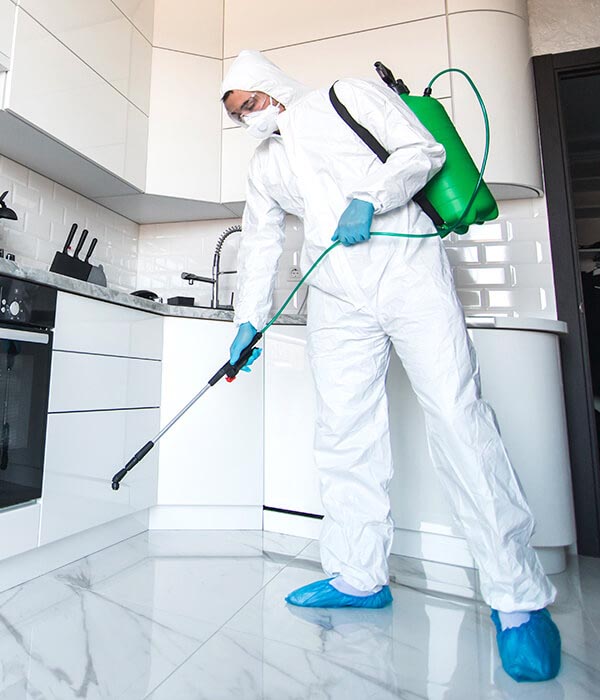
Aug 14, 2023
Sanitization Practices for Dubai’s Urban Living: Addressing High-Touch Surfaces
-
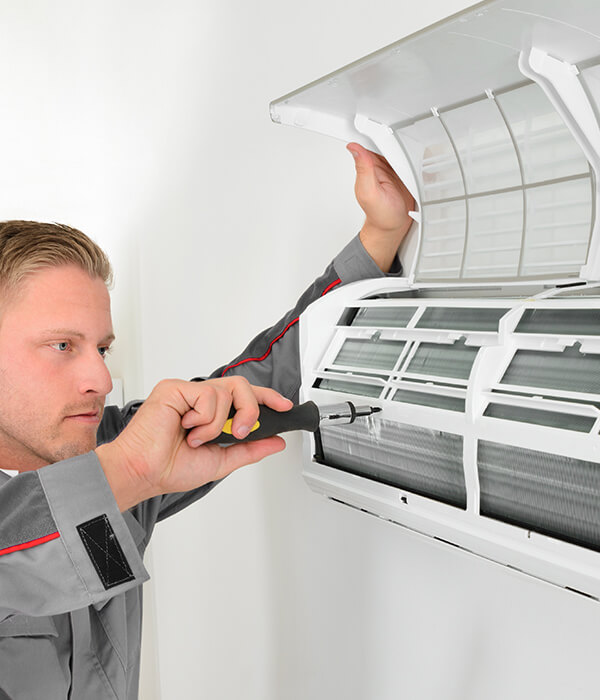
Aug 7, 2023
The Challenges of HVAC in Dubai: Dealing with Extreme Heat and Humidity
-
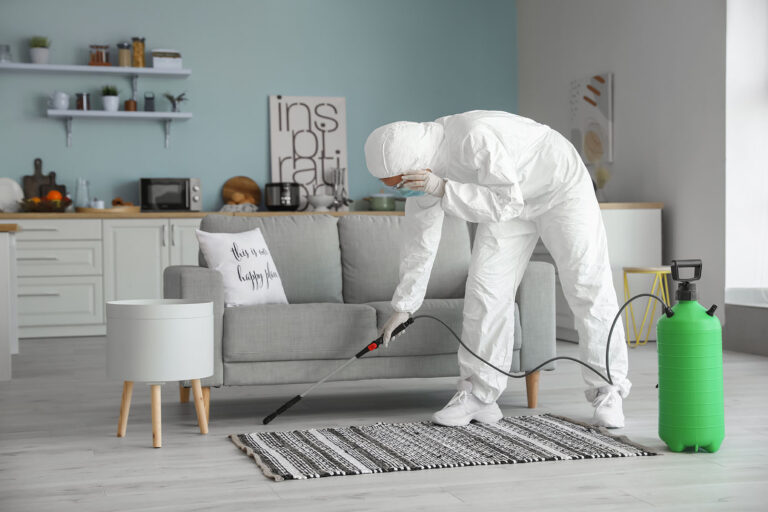
Jul 28, 2023
The Science of Sanitization: Understanding the Principles Behind Effective Home Cleaning
-
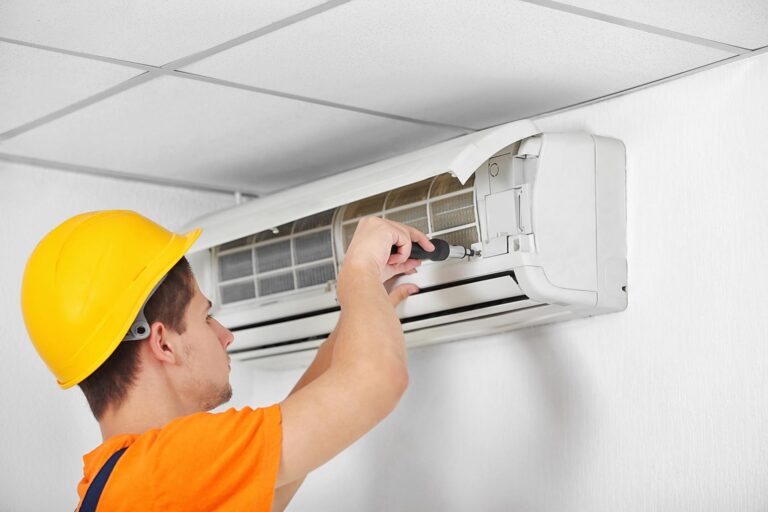
Jul 21, 2023
AC Cleaning and Energy Consumption: Examining the Relationship Between Cleanliness and Efficiency
-
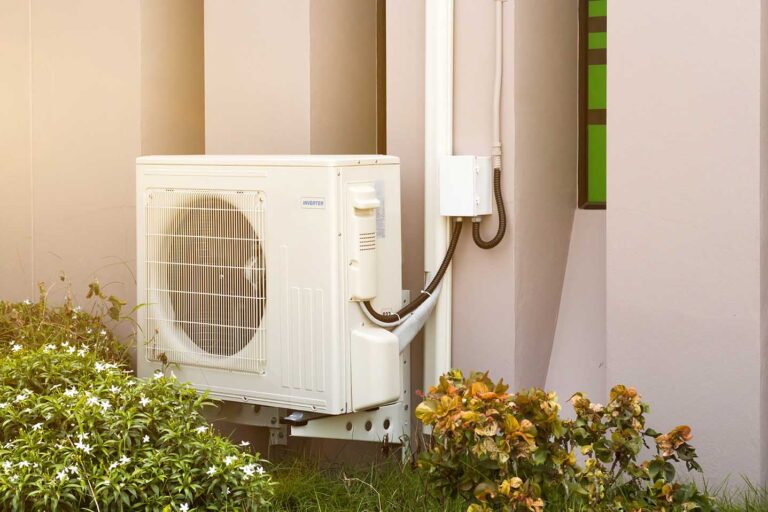
Jul 14, 2023
Maximizing Energy Efficiency in Your HVAC System During the Summer Heat
-
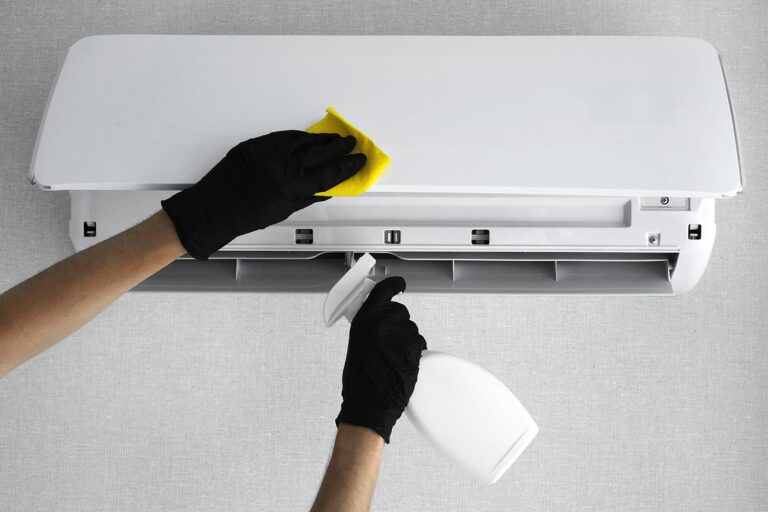
Jul 7, 2023
Mold and Mildew in AC Ducts: Understanding the Risks and Remediation Strategies
-
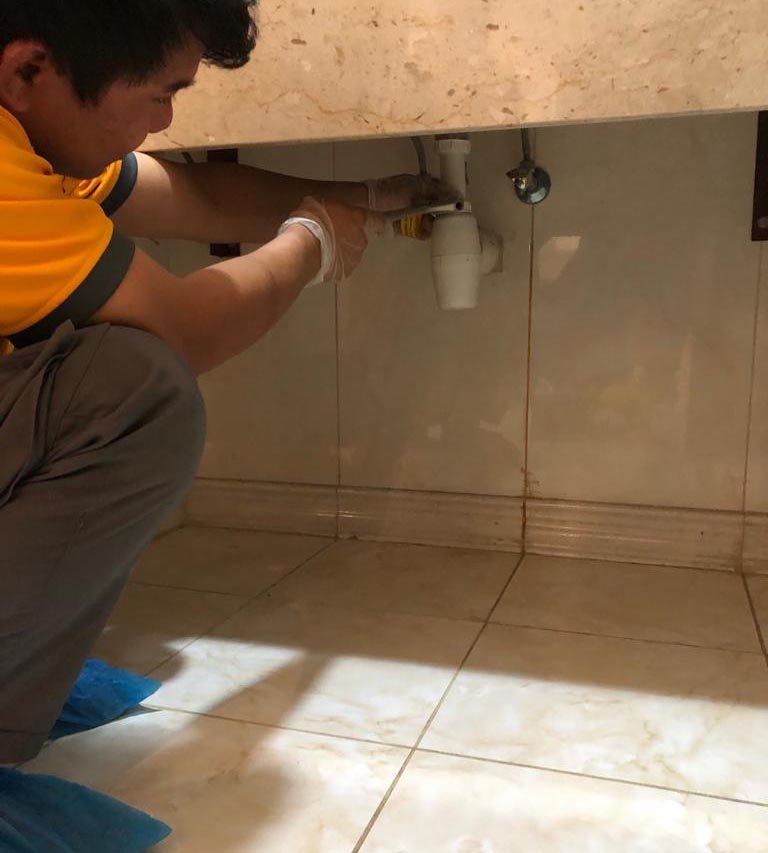
Jun 28, 2023
Signs And Symptoms That May Indicate The Presence Of A Water Leak
-
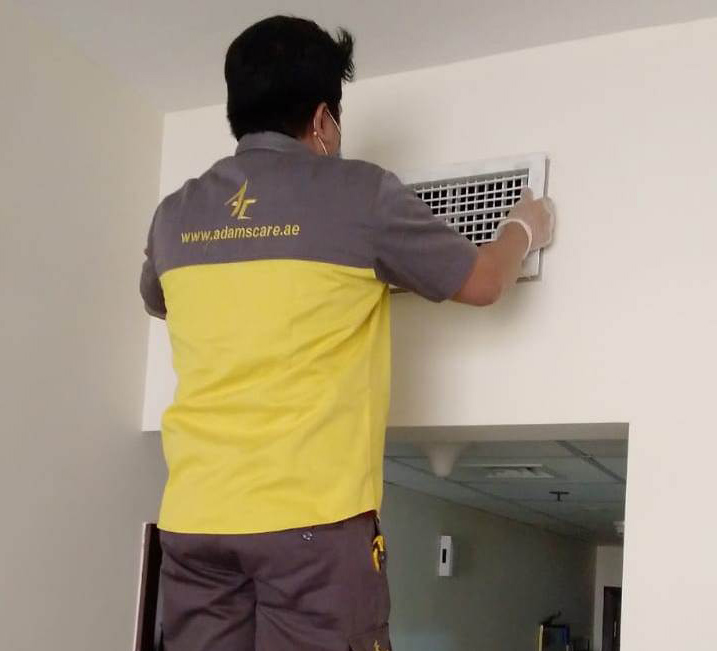
Jun 21, 2023
Types Of Contaminants That Can Be Found In AC Ducts
-
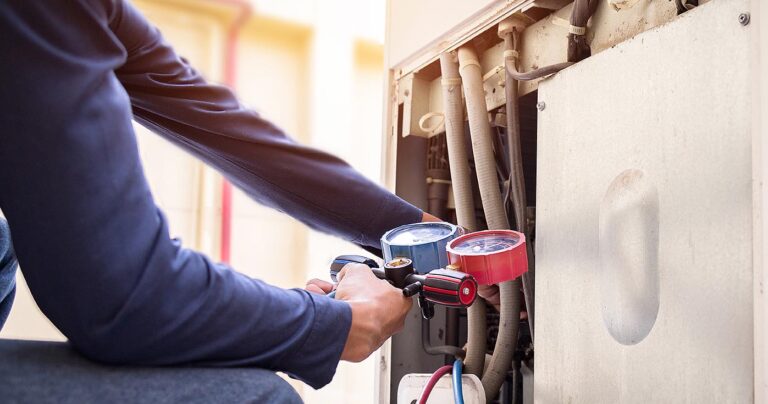
Jun 14, 2023
Indoor Air Quality (IAQ): Exploring The Impact Of HVAC Systems On Indoor Air Quality
-
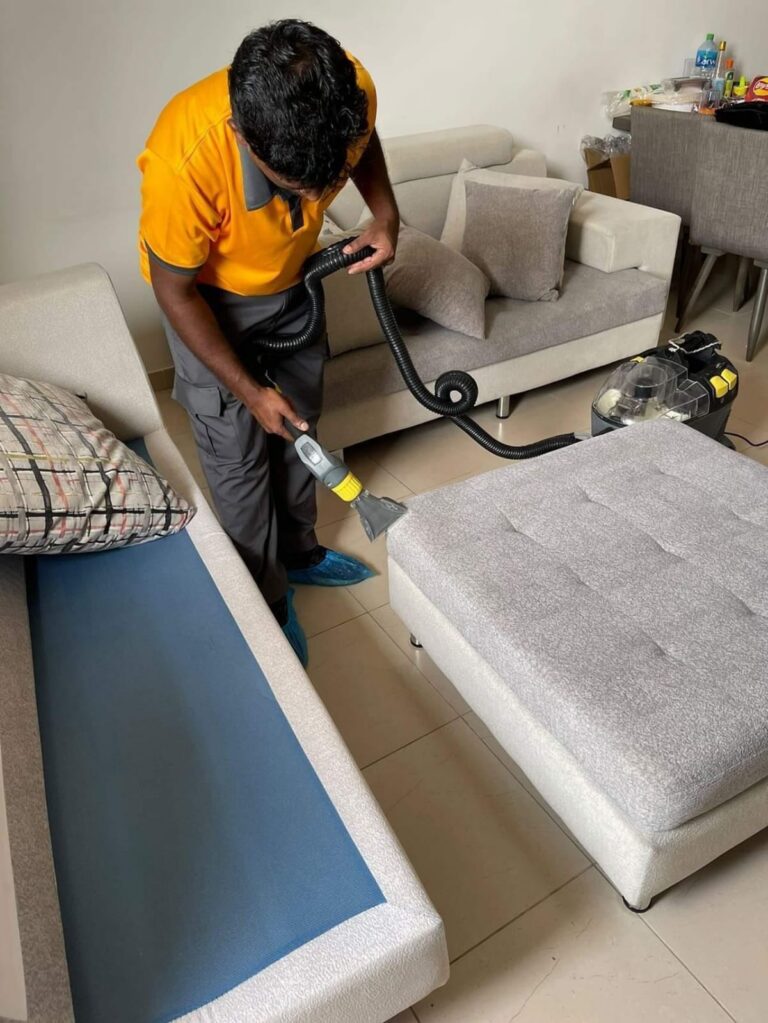
Jun 7, 2023
Principles Of Effective Cleaning And Disinfection
-
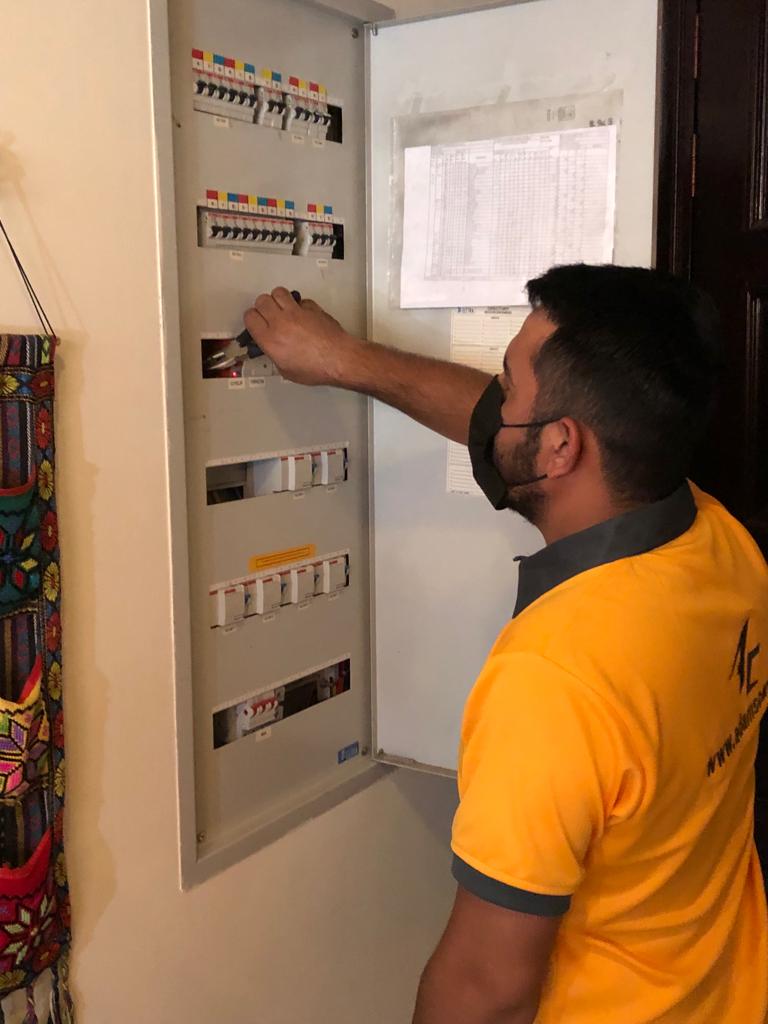
May 28, 2023
Upgrading Your Electrical System: What Do You Get?
-
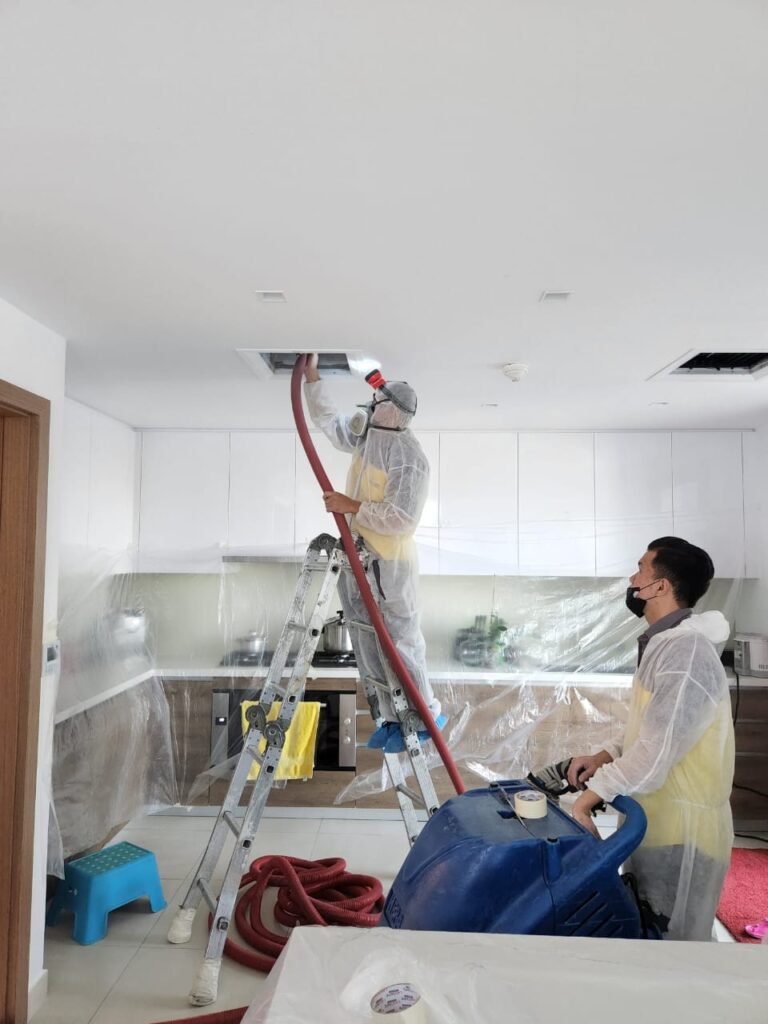
May 21, 2023
Quick Guide to HVAC Emergencies: Keeping Your Home Comfortable and Safe
-

May 14, 2023
Plumbing Emergencies: How to Respond Quickly and Effectively
-
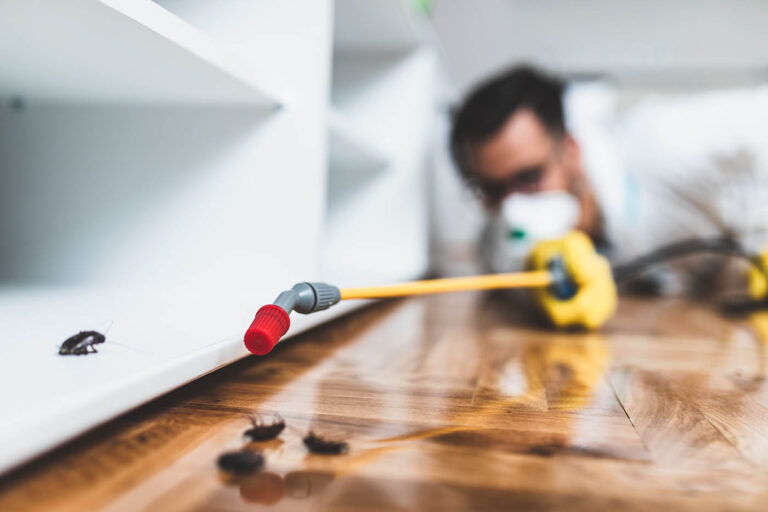
May 7, 2023
Protecting Your Home from Pests: Tips and Strategies for Effective Pest Control
-
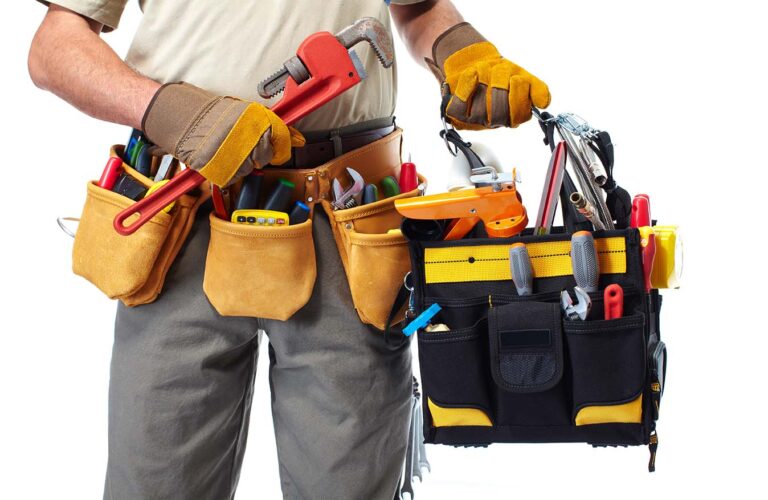
Apr 28, 2023
Maximizing the Longevity of Your Property: The Need For Regular Mold Inspection
-
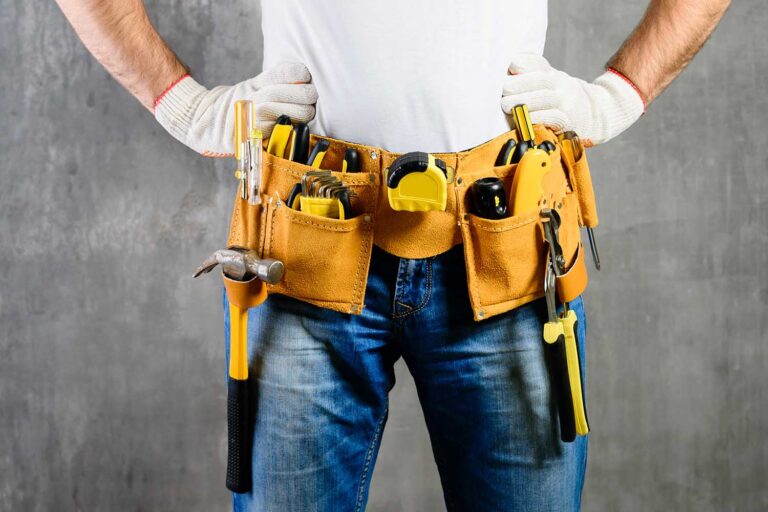
Apr 21, 2023
Protecting Your Health and Well-being: The Benefits of Comprehensive Sanitization Services
-

Apr 14, 2023
Maximizing the Performance of Your HVAC System: The Benefits of Expert AC Duct Cleaning
-
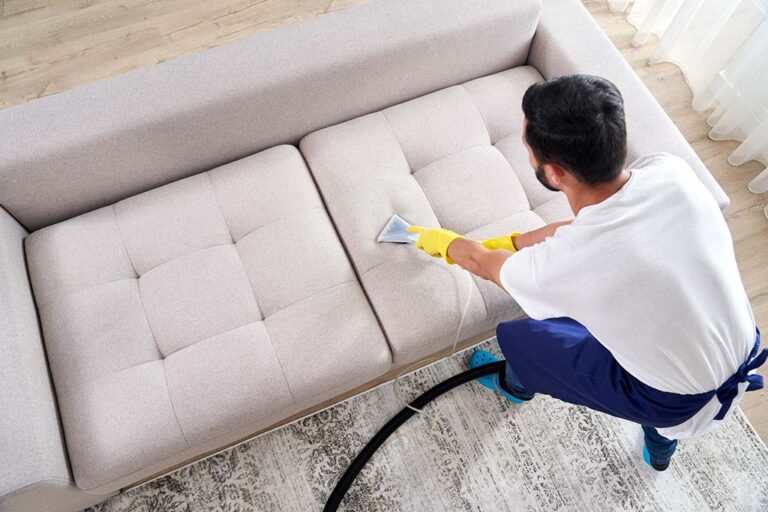
Apr 7, 2023
Protect Your Investment: The Benefits of Regular Sofa Cleaning for Your Furniture
-
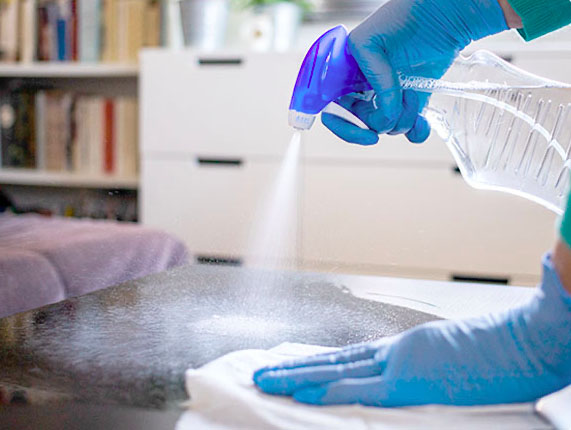
Mar 28, 2023
Summer Cleaning Checklist
-
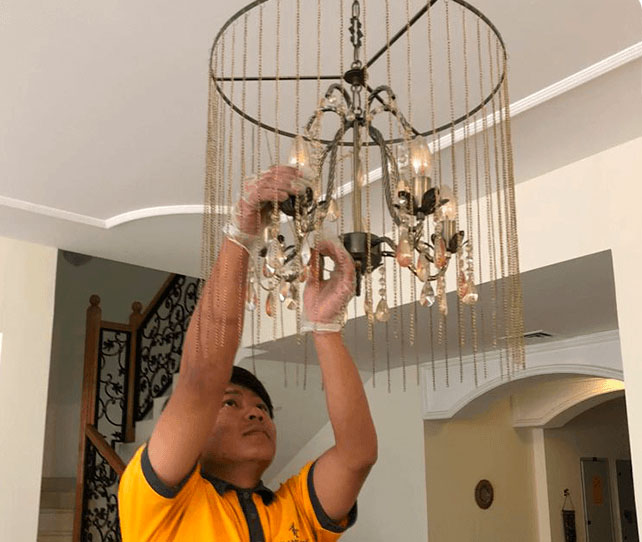
Mar 21, 2023
How To Clean Your House If You Have Allergies
-
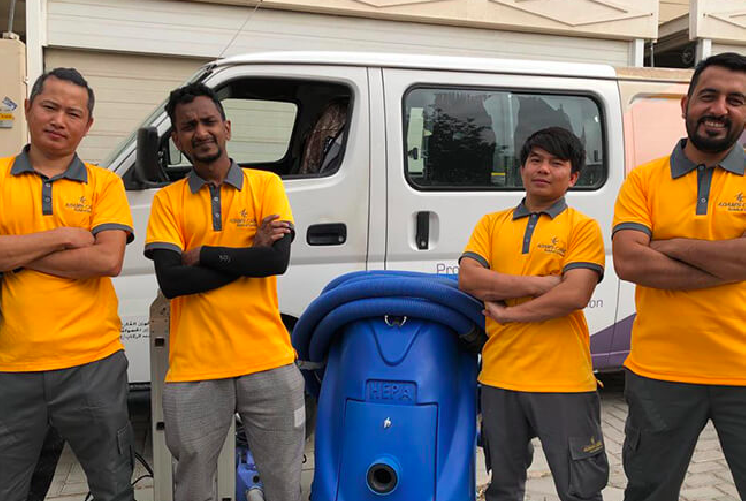
Mar 14, 2023
How To Keep Your Hardwood Flooring Clean In 3 Steps!
-
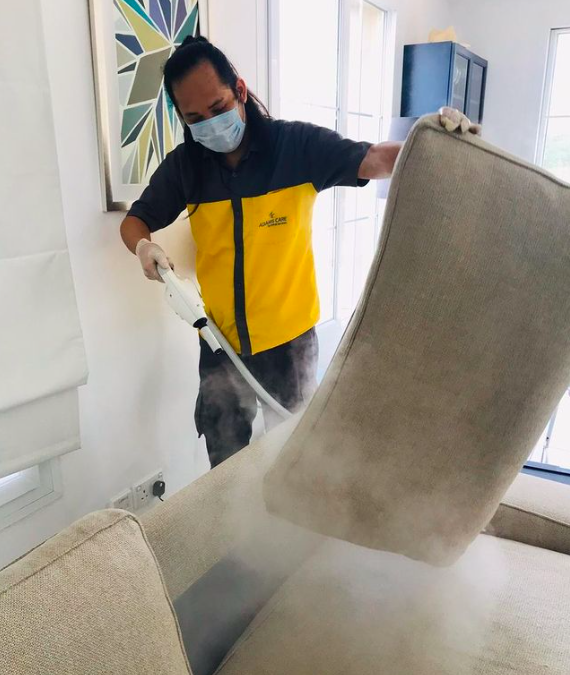
Mar 7, 2023
Safeguard Your Home By Cleaning and Sanitizing Your Furniture
-
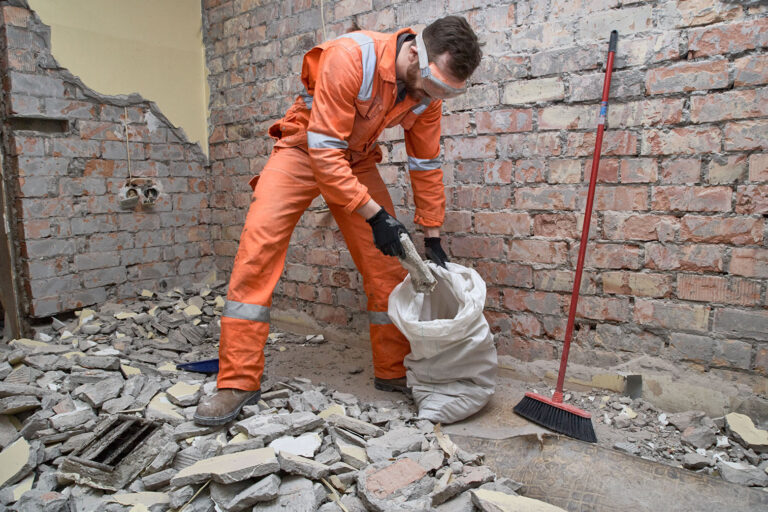
Feb 28, 2023
Phases Of Post-Construction Cleaning
-
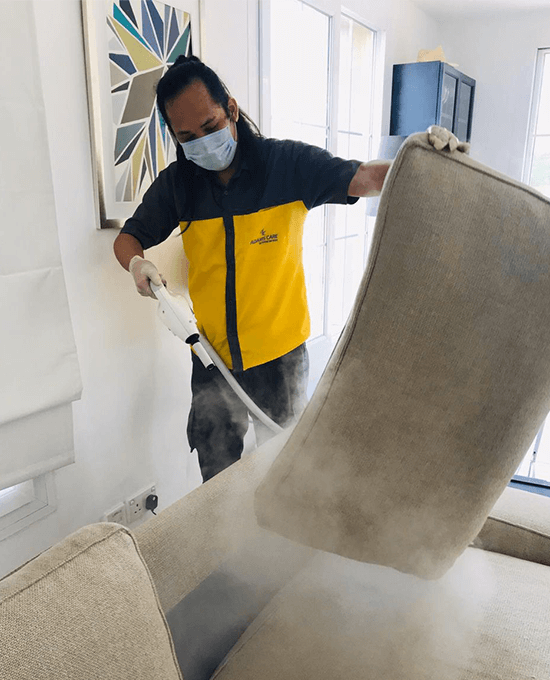
Feb 21, 2023
Sofa Cleaning Mistakes You Need To Avoid
-
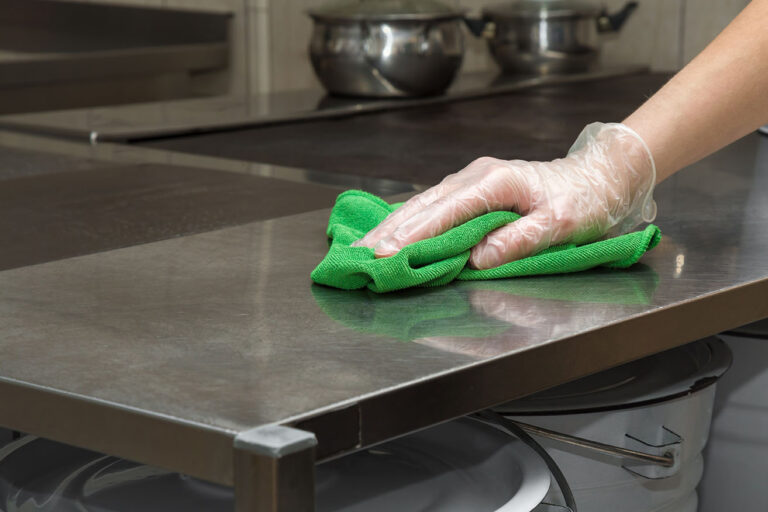
Feb 14, 2023
How Regular Maintenance Can Improve Your Property Value
-
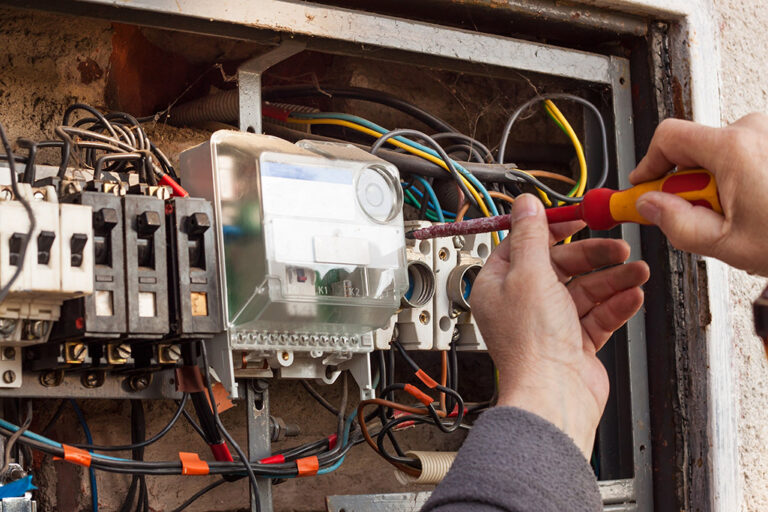
Feb 7, 2023
Why You Should Never Try Electrical Repairs By Yourself
-
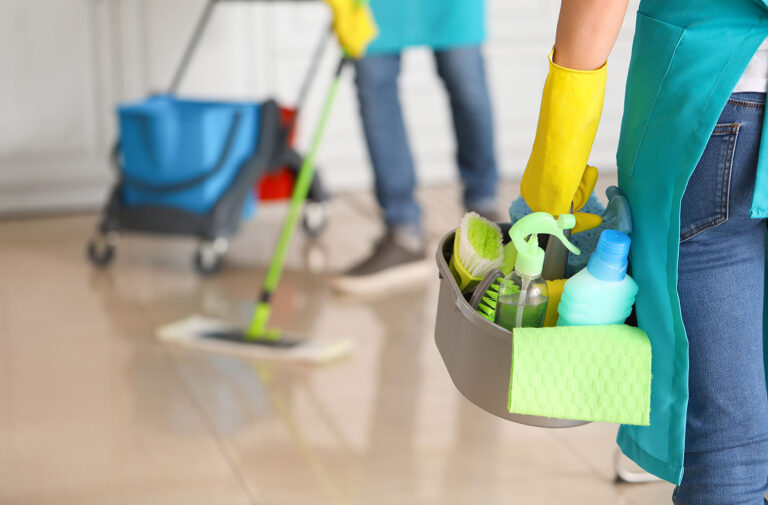
Jan 28, 2023
Why Hiring Post-Construction Cleaners Is A Must
-
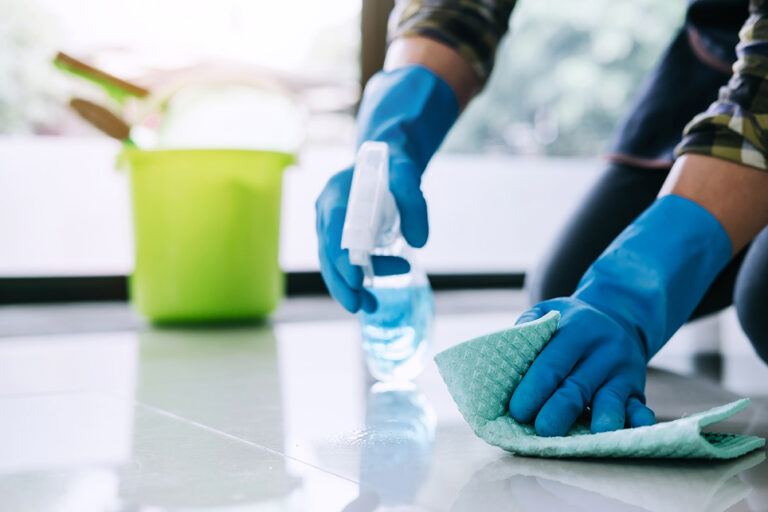
Jan 21, 2023
Basics About Mold And Dampness In Your House
-

Jan 14, 2023
Deep Cleaning Upholstery: Is It Worth It?
-
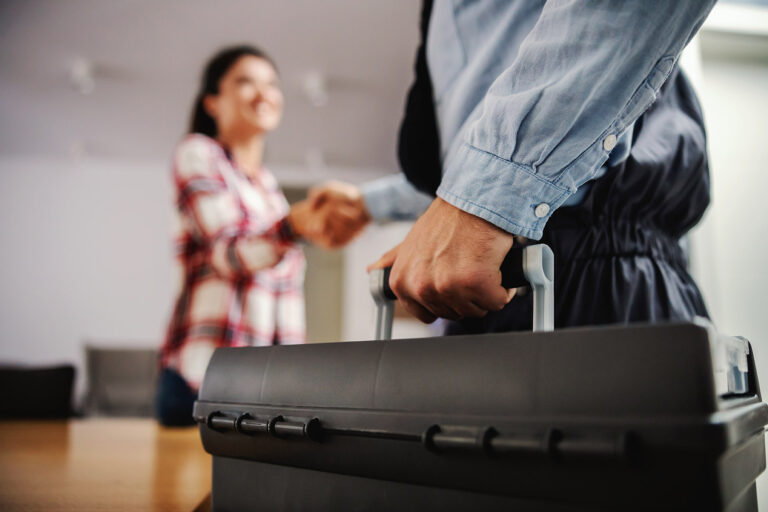
Jan 7, 2023
Spring Cleaning 2023: Things To Keep In Mind
-
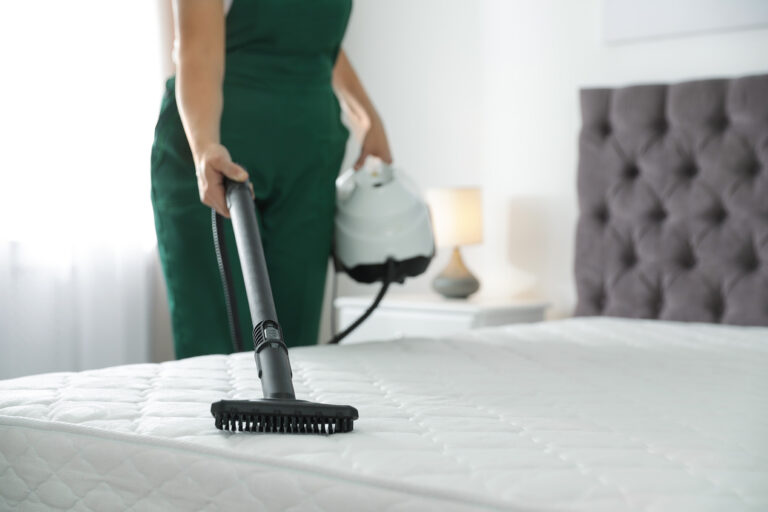
Dec 28, 2022
What To Consider Before Booking A Professional Mattress Cleaning Service
-
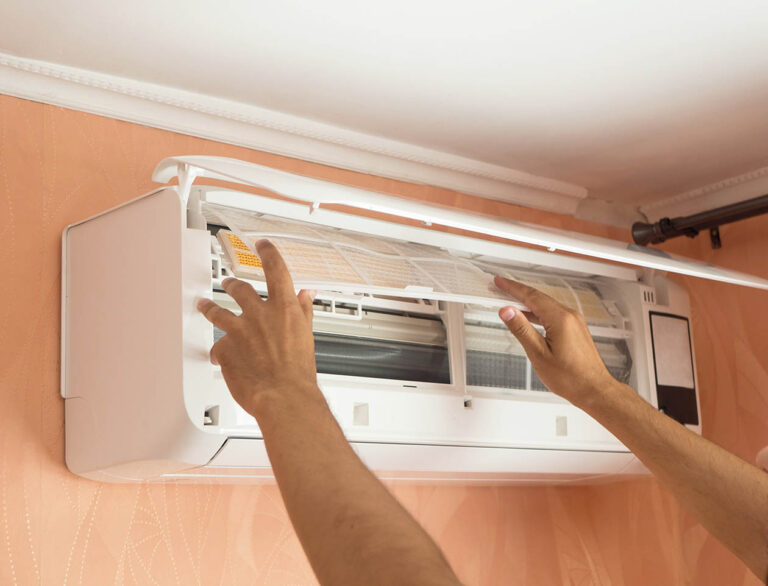
Dec 21, 2022
Signs Your AC Needs Replacement
-
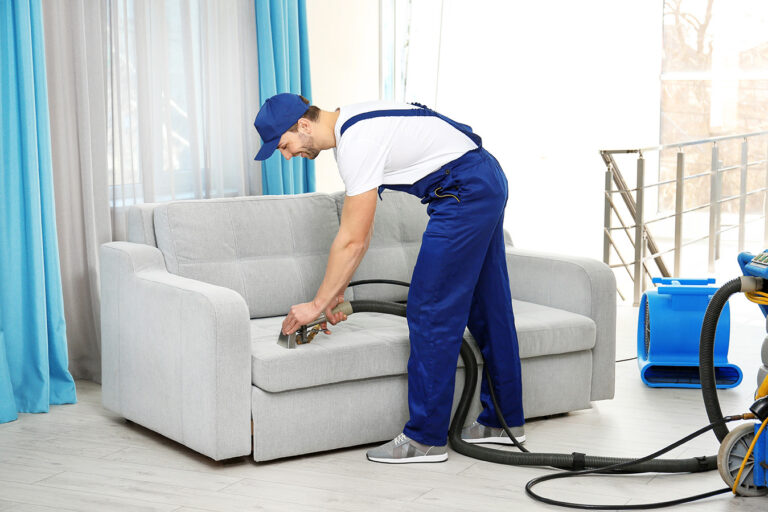
Dec 21, 2022
Signs You Need Furniture Cleaning and Home Sanitization
-
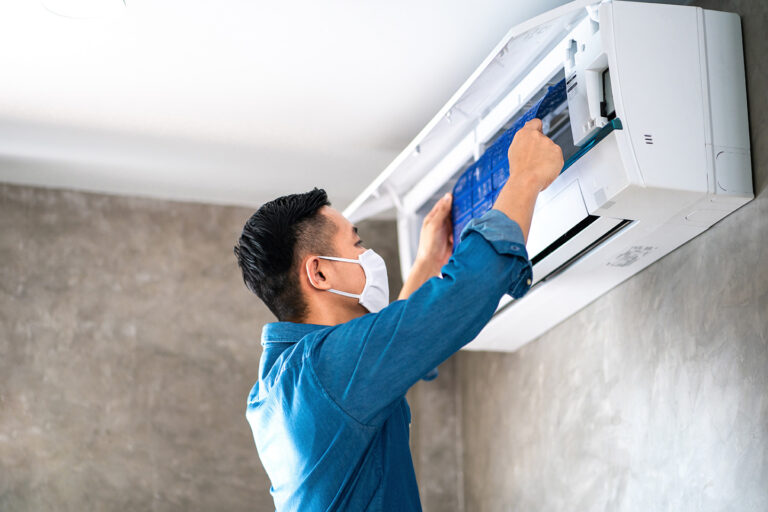
Dec 14, 2022
Implications Of Skipping Professional AC Cleaning & Sanitization
-
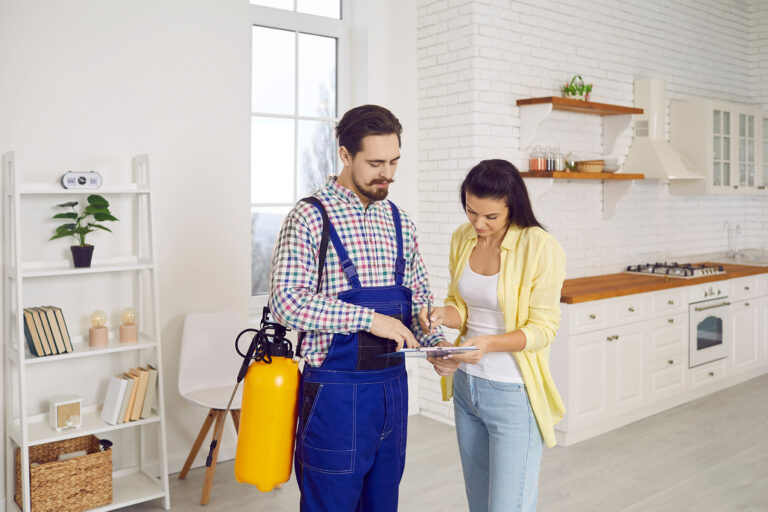
Dec 7, 2022
Why Should You Consider Getting A Pest Control Contract?
-
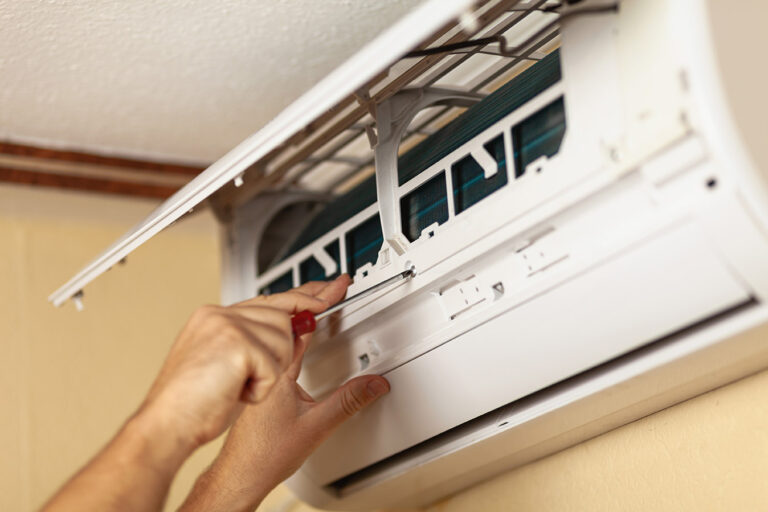
Nov 28, 2022
Spots Where You Shouldn’t Install Your AC
-
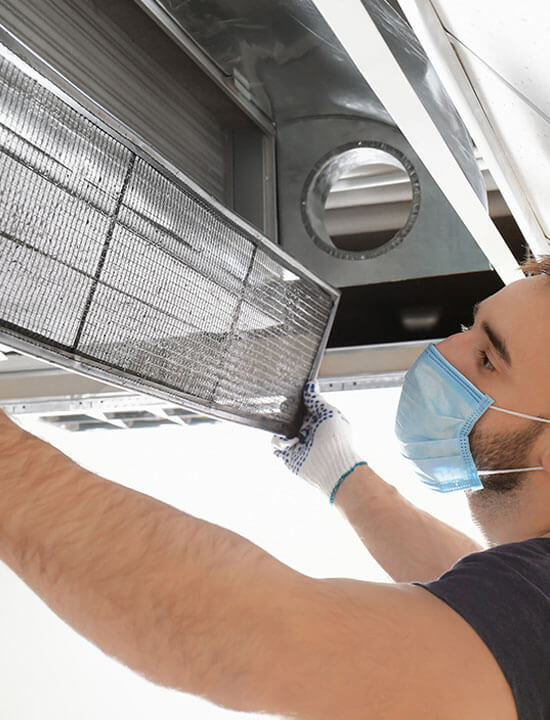
Nov 14, 2022
Preparing Your AC For Winter
-
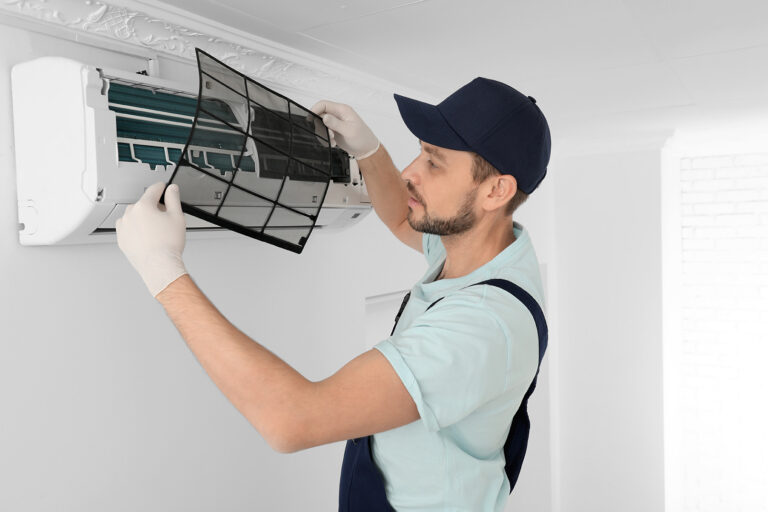
Nov 7, 2022
Should You Repair or Replace Your AC Unit?
-

Oct 28, 2022
AC Mistakes That Are Costing You Money
-
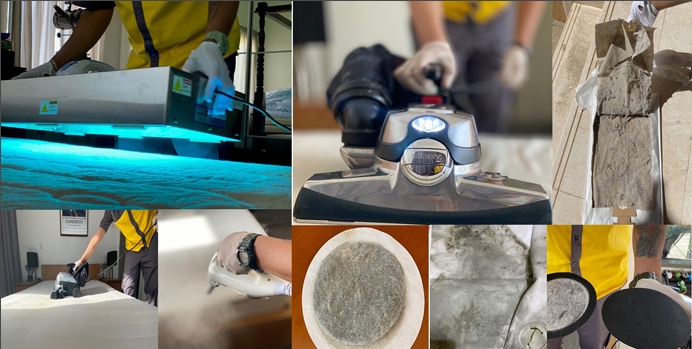
Oct 21, 2022
Why Home Sanitization Should Still Be A Priority Even After The Pandemic
-
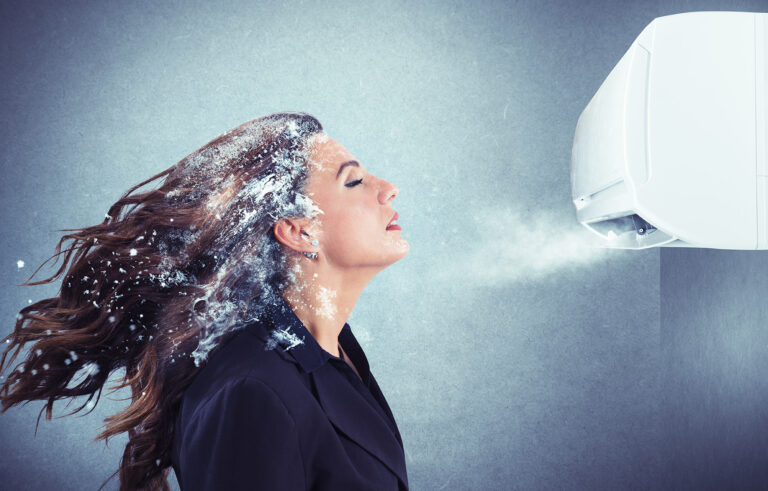
Oct 14, 2022
Things You Should Clean Before Winter
-
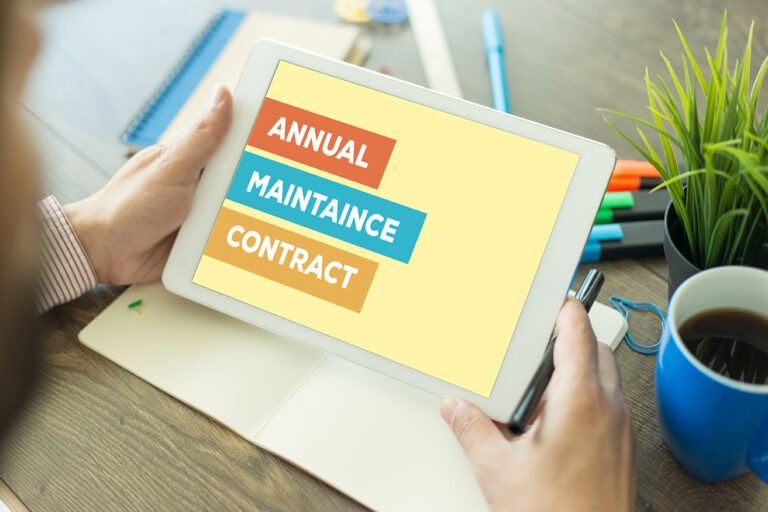
Oct 7, 2022
What you Can Expect From Annual Maintenance Contracts
-
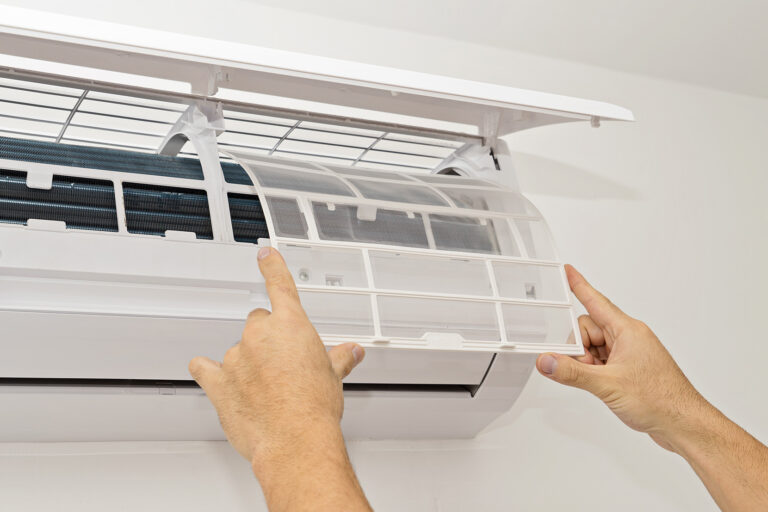
Sep 28, 2022
Things That Degrade Indoor Air Quality
-
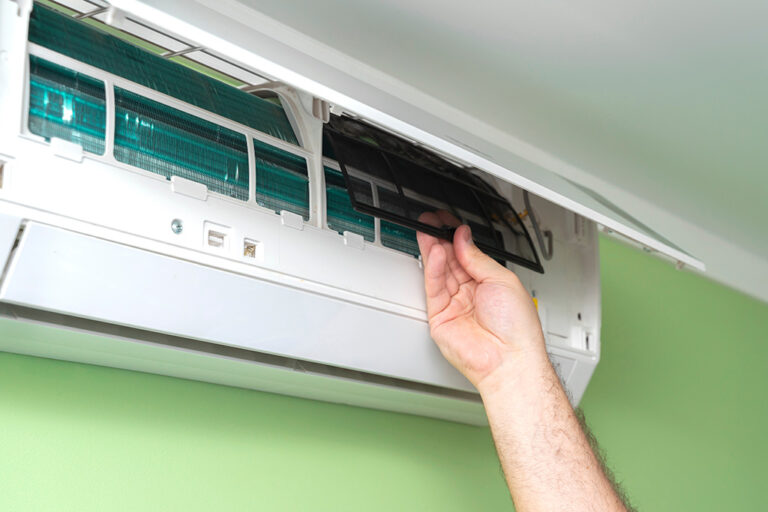
Sep 21, 2022
Tips For Preparing Your Air Conditioning Unit This Fall
-

Sep 14, 2022
Signs Your Air Conditioner Is Making You Sick
-
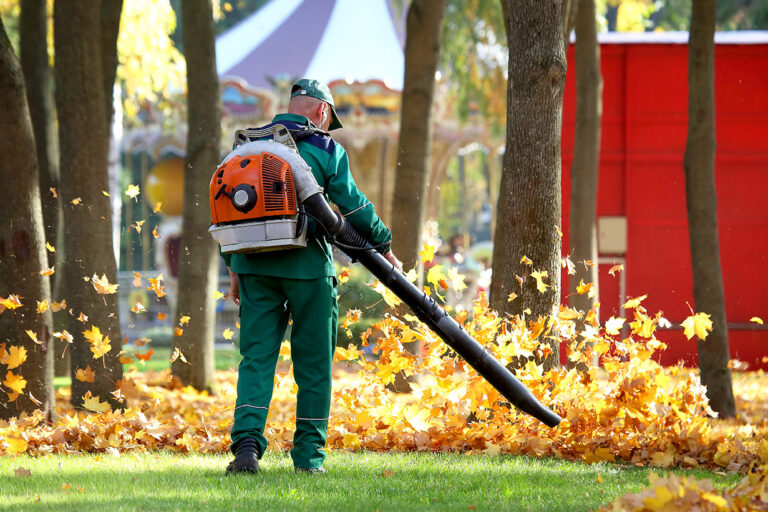
Sep 7, 2022
Why Your Yard Needs A Seasonal Fall Cleanup
-
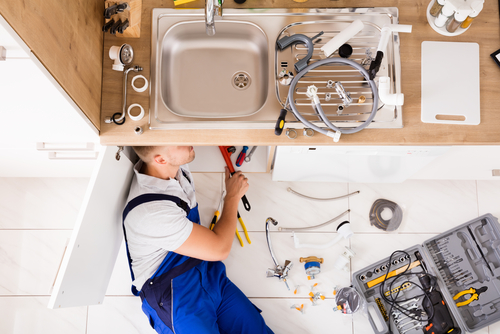
Aug 28, 2022
Benefits of An Annual Maintenance Contract
-
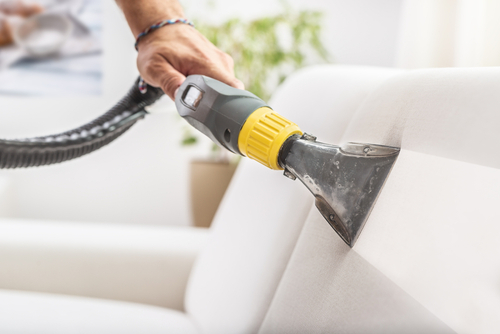
Aug 21, 2022
How Often Should You Deep Clean Your Furniture?
-
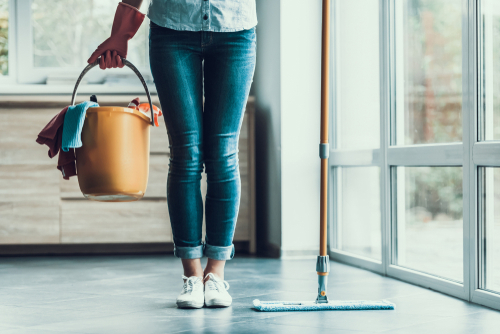
Aug 14, 2022
The Right Way To Disinfect Your Home
-
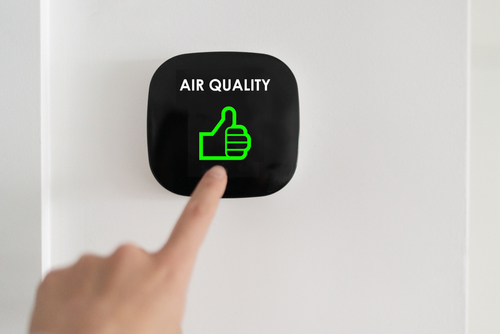
Aug 7, 2022
Why Indoor Air Quality Is Important
-

Jul 28, 2022
Ways To Improve Air Conditioning Efficiency
-

Jul 21, 2022
5 Benefits Of A Good Ventilation System
-
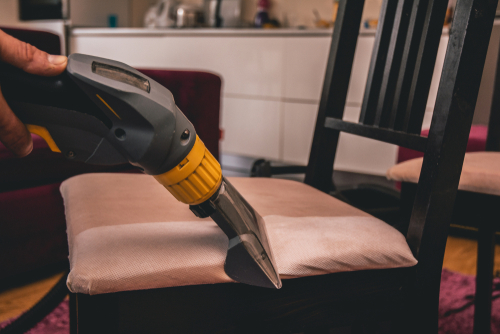
Jul 14, 2022
The Difference Between Deep And Regular Cleaning
-
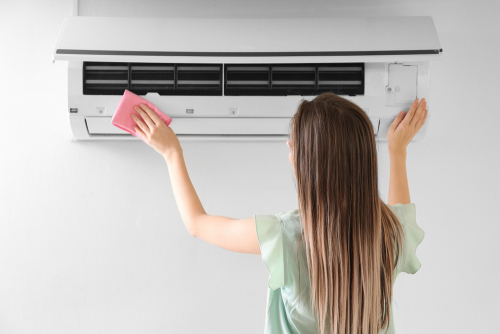
Jul 7, 2022
The Unknown Consequences Of A Dirty Air Conditioner
-
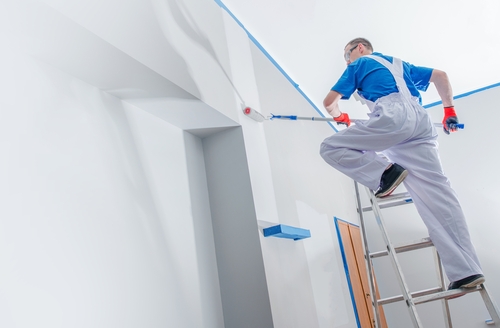
Jun 28, 2022
Would Self-Painting Cut it? Benefits Of Hiring A Professional.
-
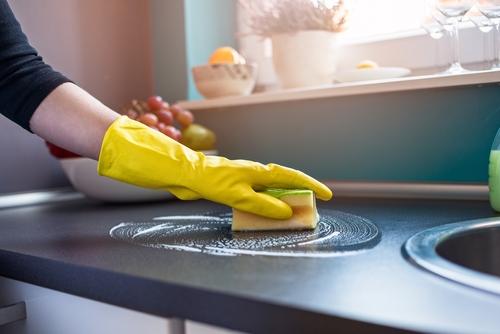
Jun 21, 2022
How Often Should You Deep Clean Your Home?
-
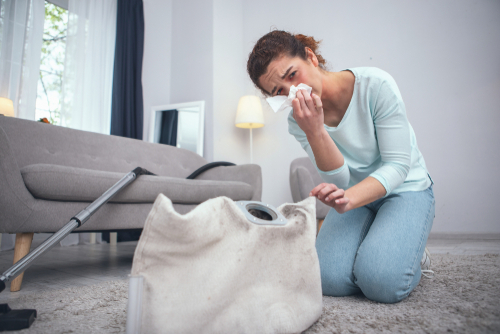
Jun 14, 2022
What Is Household Dust Made Of And Why They Can Be Bad For You
-
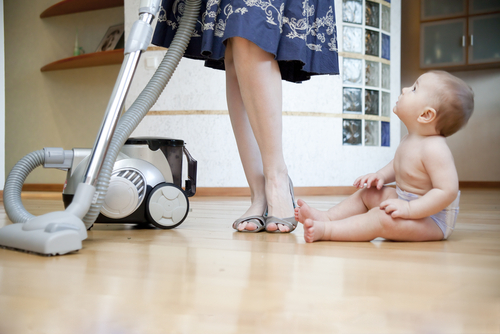
Jun 7, 2022
Deep Cleaning Checklist Before The Baby Arrives
-
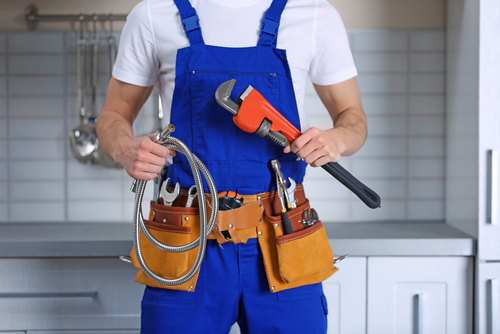
May 28, 2022
Why You Should Leave Plumbing Issues To The Pros
-

May 21, 2022
Why HVAC Maintenance Is A Good Investment
-
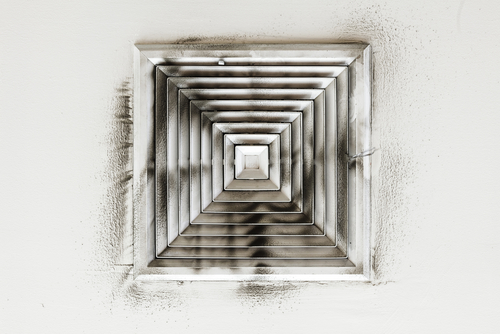
May 14, 2022
Role Of Unclean Air Ducts in Triggering Allergies
-
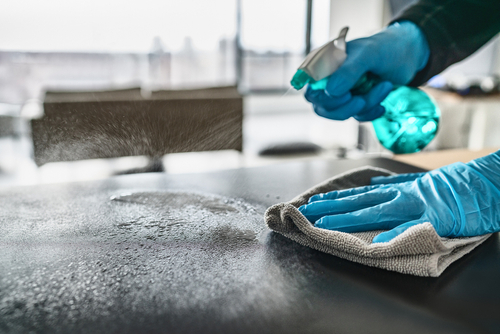
May 7, 2022
Why Sanitizing Your Homes Should Be A Priority
-
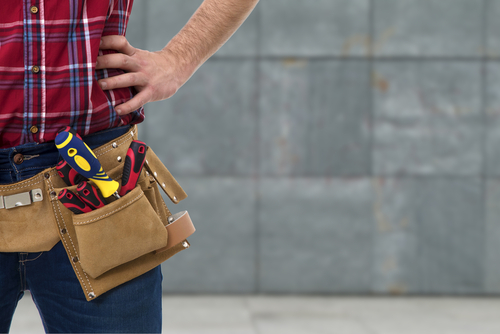
Apr 28, 2022
Why An Annual Maintenance Contract Is A Must-Have
-
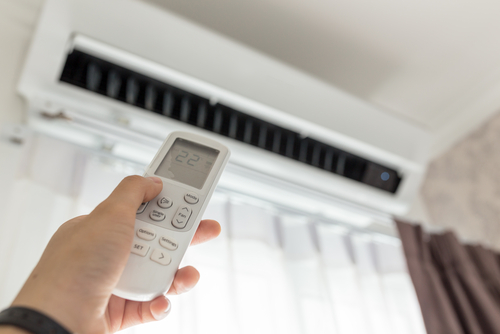
Apr 21, 2022
How To Take Care Of Your AC During Dubai’s Hottest Months
-
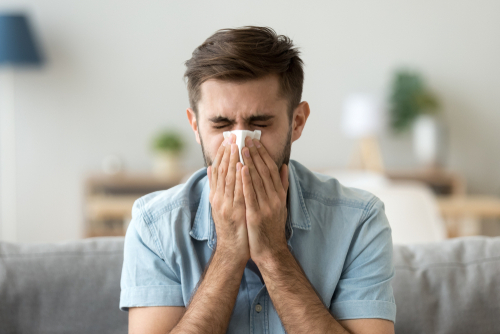
Apr 14, 2022
How Dust Affects Those With Overactive Immune System?
-

Apr 7, 2022
Here’s Why You Should Regularly Get Your ACs Serviced
-
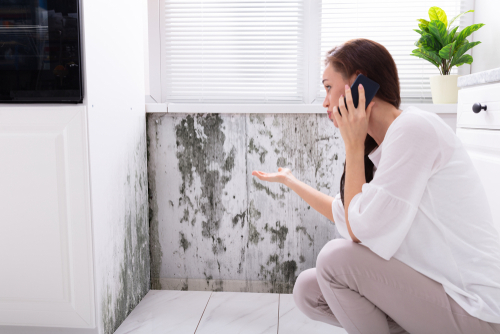
Mar 28, 2022
How To Avoid Mold Build-Up In Your Home
-
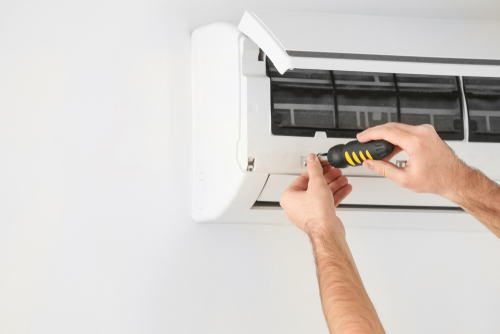
Mar 21, 2022
Why Timely AC Maintenance Also Saves Your Money
-
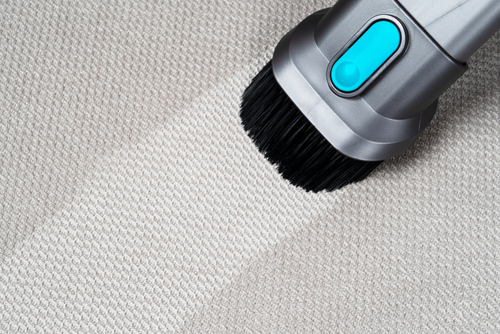
Mar 14, 2022
The Importance of Regular Home Deep Cleanings
-
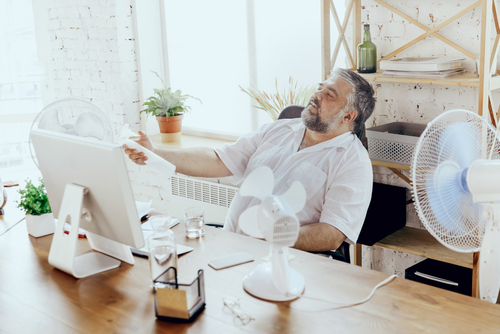
Mar 7, 2022
7 Reasons Why AC Units Breakdown In The Summer
-
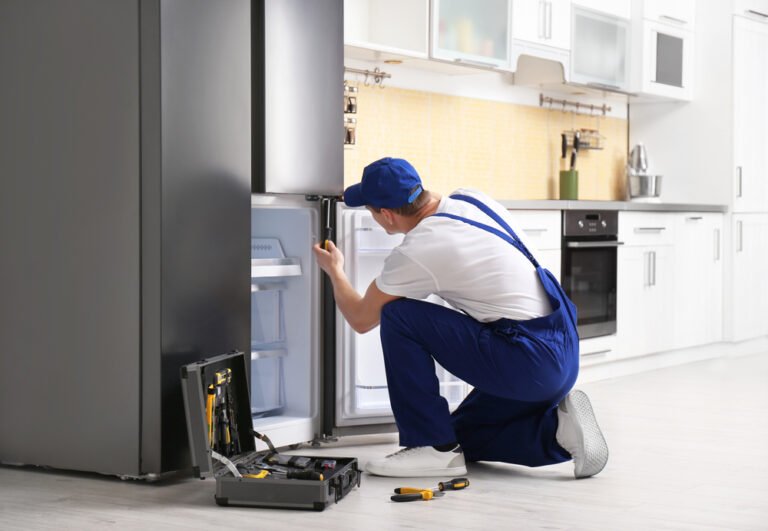
Feb 28, 2022
5 Reasons An Annual Maintenance Contract Is Worth The Expense
-
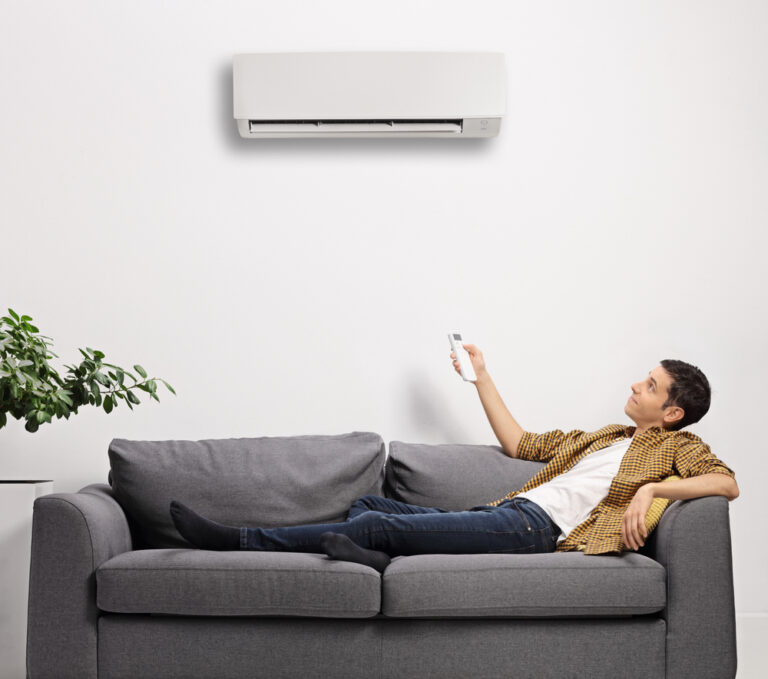
Feb 21, 2022
Exploring How The Pandemic Made Clean Air More Essential Than Ever
-
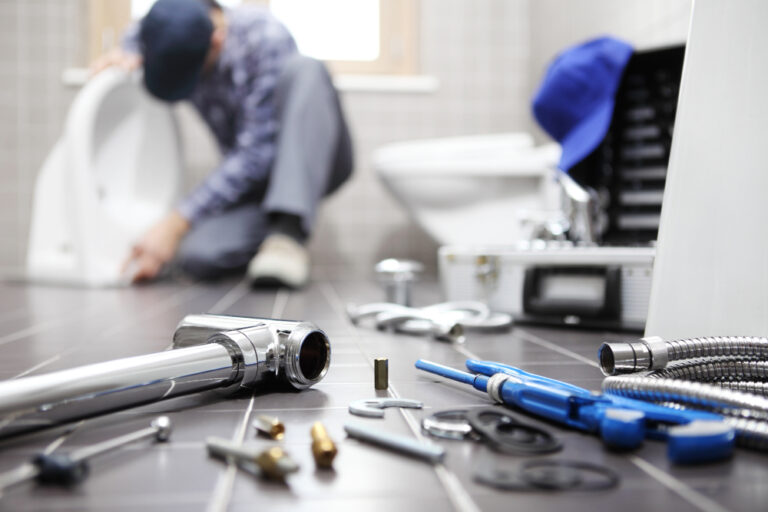
Feb 14, 2022
What You Need To Know About Annual Maintenance Contracts
-
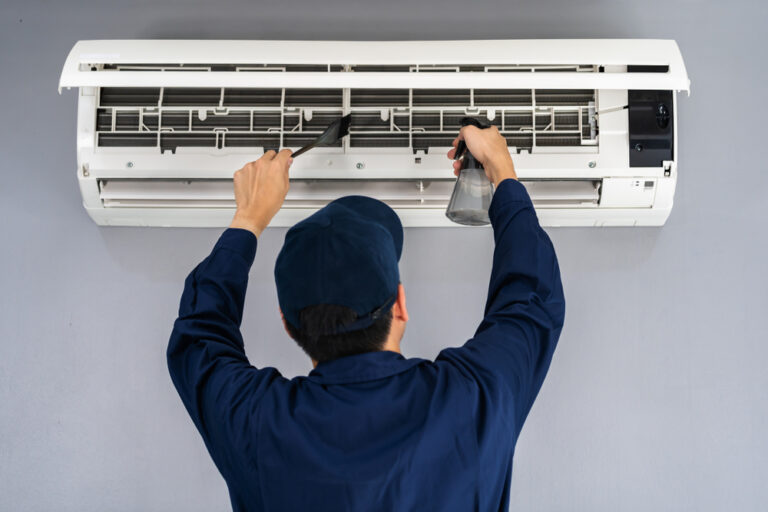
Feb 7, 2022
Is Your Air-Conditioning Making You Sick? Here’s How To Avoid It
-
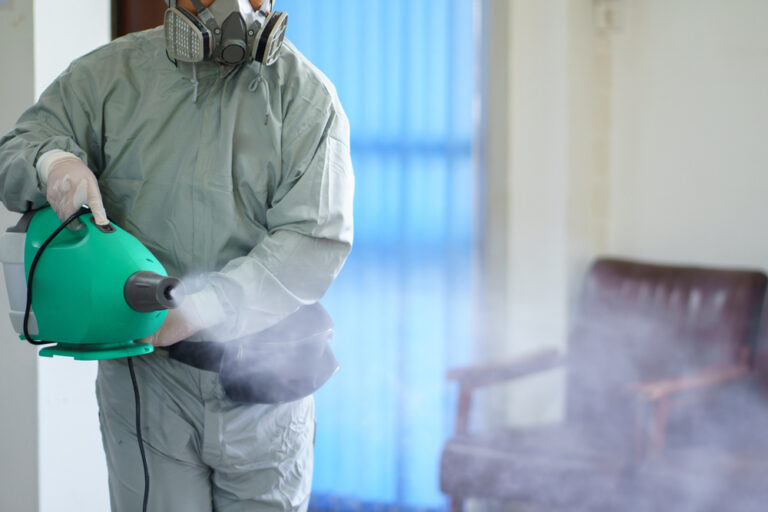
Jan 28, 2022
Here’s Why You Should Disinfect Your Home When You Move Into A New House
-

Jan 21, 2022
Reduce Your Electric Bills With These 5 Maintenance Practices
-
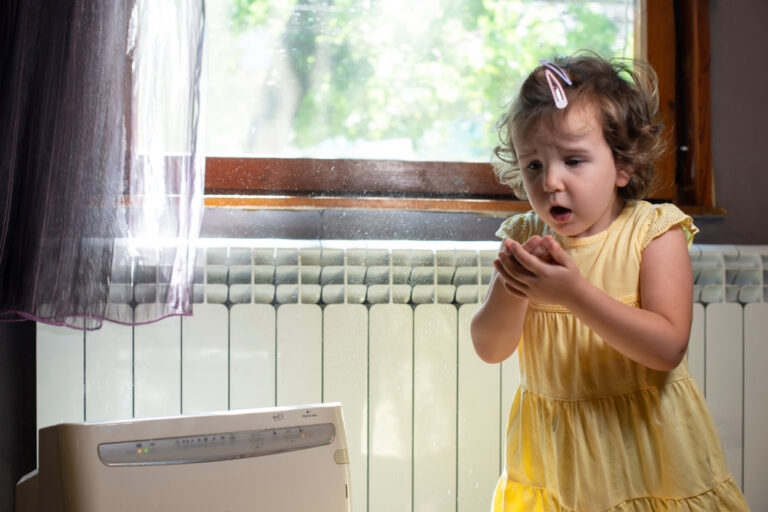
Jan 14, 2022
Common Air Pollutants In Your Home That’s Causing You Harm
-

Jan 7, 2022
Relocation Checklist: Do These 5 Things Before You Move In
-
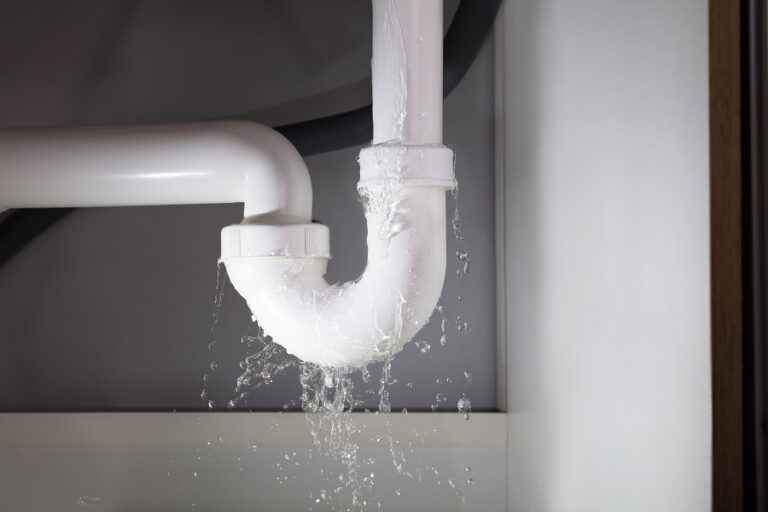
Dec 28, 2021
What To Do In A Plumbing Emergency? Quick Tips For New Homeowners
-
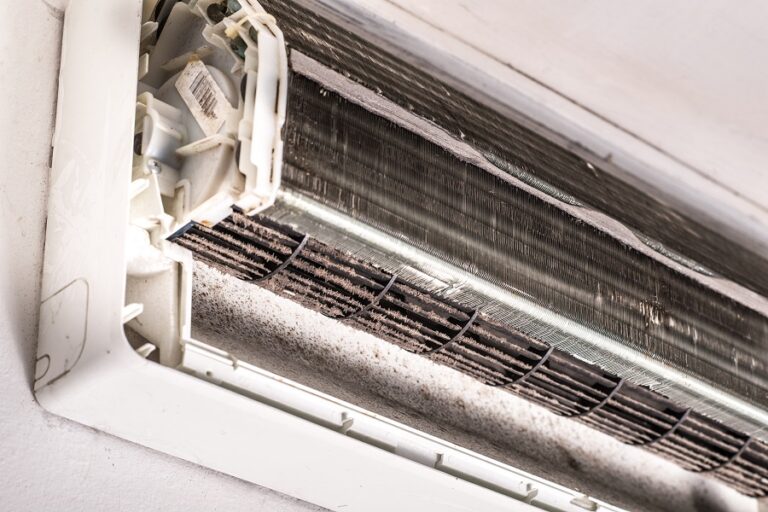
Dec 21, 2021
Why You Should Clean Your A/C Before Moving In
-
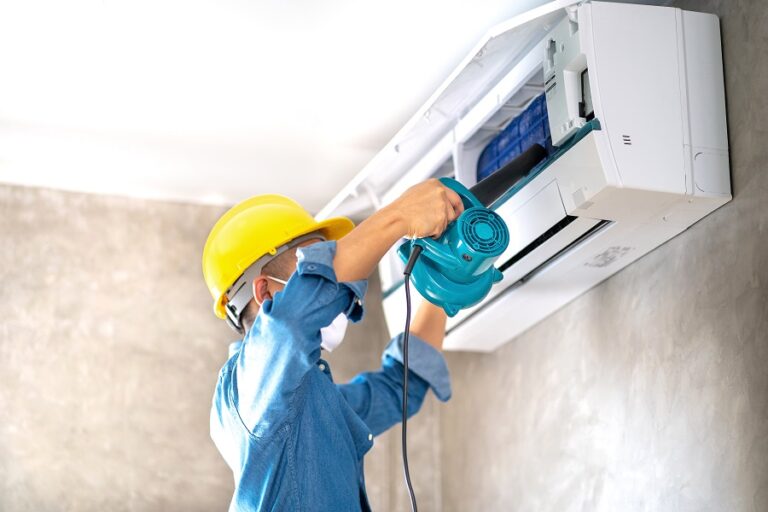
Dec 14, 2021
How To Keep Your AC’s Clean And Why It Is Important
-
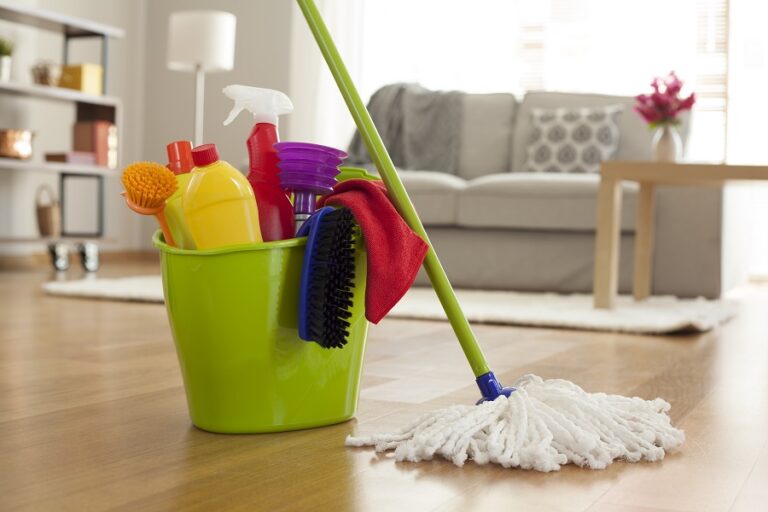
Dec 7, 2021
Our Recommendations: The Top Sustainable Cleaning Products You Should Be Using
-
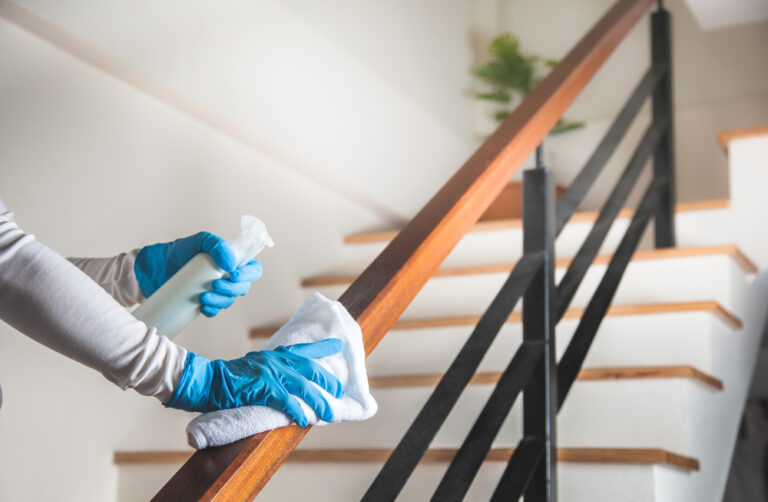
Nov 22, 2021
Essential Tips For Sanitizing Your Business During the Pandemic
-
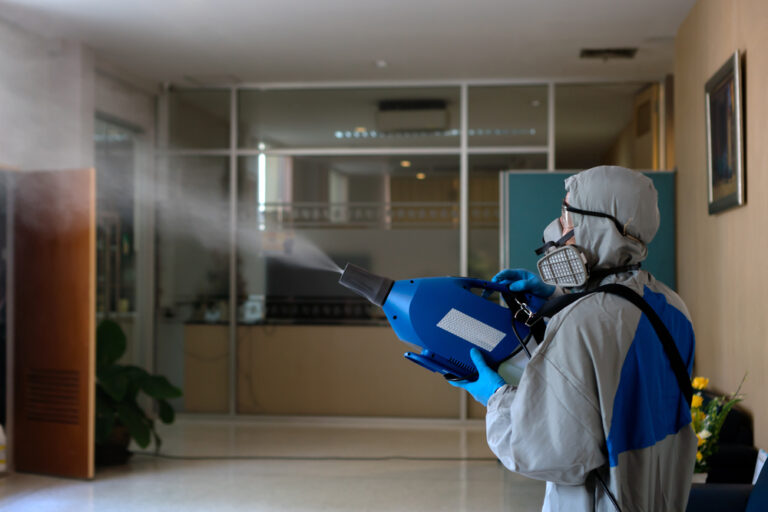
Nov 15, 2021
Basics Of Cleaning: Exploring The Difference Between Disinfection And Sterilization
-
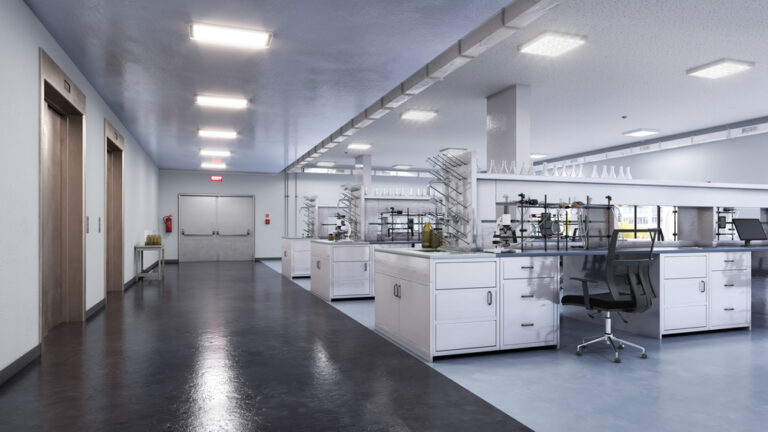
Nov 1, 2021
Going Green: Most Effective Strategies For Sustainable Cleaning In Offices
-
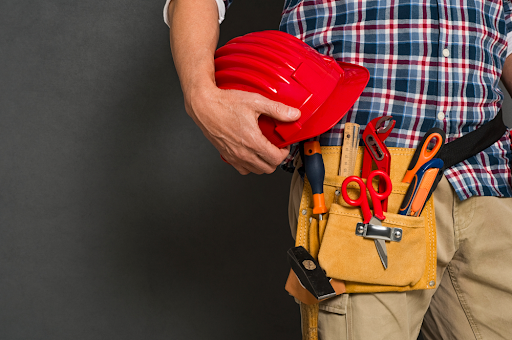
Oct 22, 2021
Annual Maintenance & Cleaning: 4 Steps To Ensure Your Home Is In Optimal Condition
-
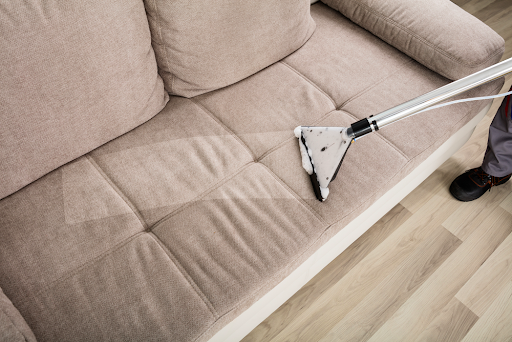
Oct 15, 2021
Boosting Value: The Ultimate Guide To Maintaining Your Home Furniture
-
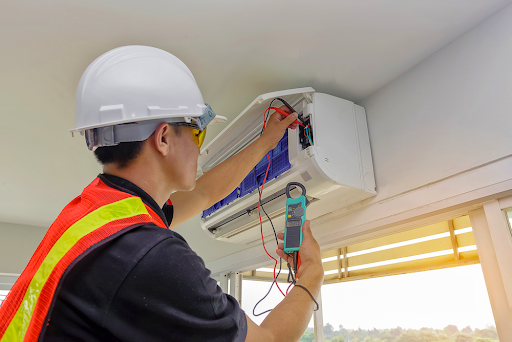
Oct 8, 2021
Why Annual Maintenance Of HVAC Unit Is Essential For Your Family’s Safety
-
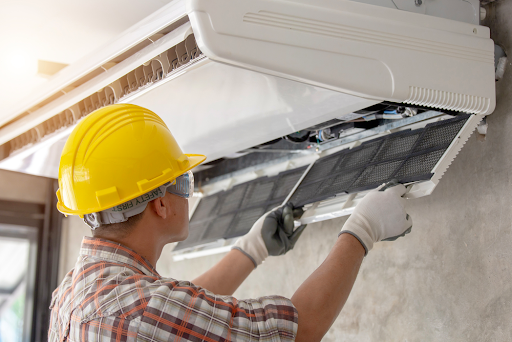
Oct 1, 2021
Ensuring Safety: How Can HVAC Cleaning Help Against Indoor Pollution
-
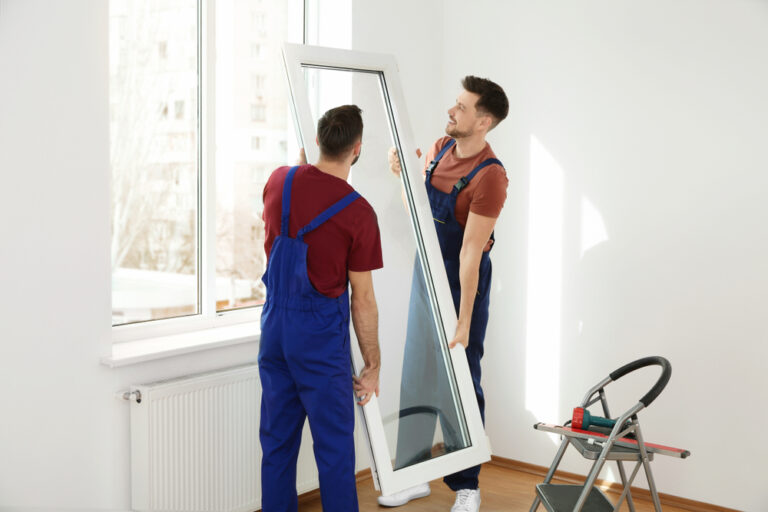
Sep 22, 2021
The Ultimate Home Maintenance Checklist For New Homeowners
-
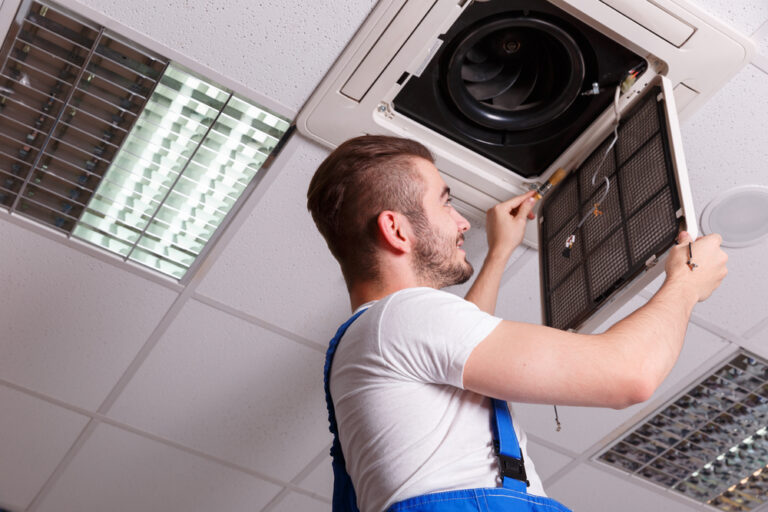
Sep 8, 2021
Crucial Steps To Ensure Your Air Conditioning System Operates Smoothly
-
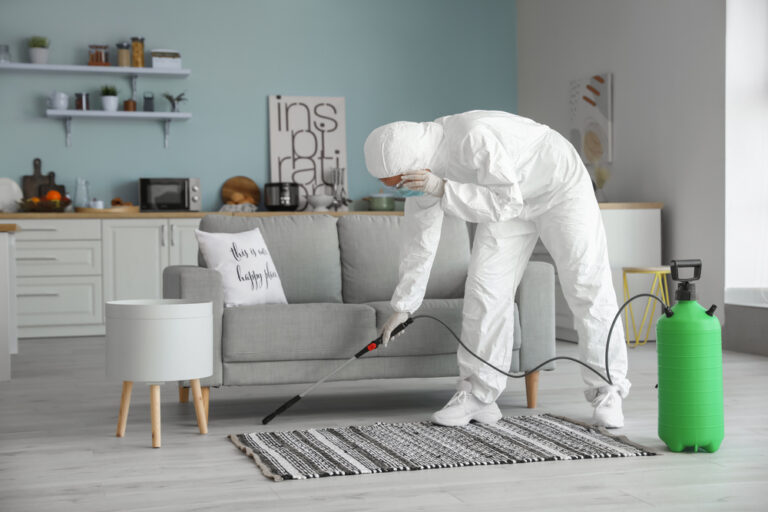
Sep 1, 2021
The Dos And Don’ts Of Sanitization To Make Your Home Safe For Loved Ones
-
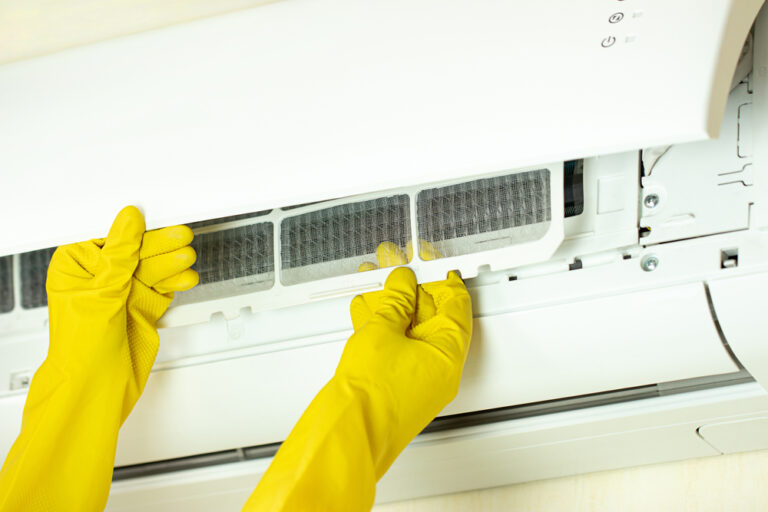
Aug 22, 2021
Always Cool: How To Make Your AC System Function Well Through The Year
-
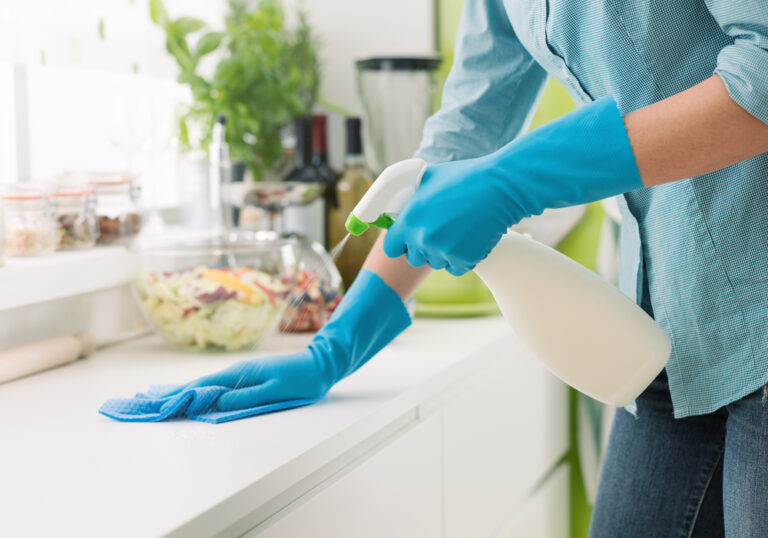
Aug 15, 2021
Quick Sanitization Tips To Keep Your Home Safe At All Times
-
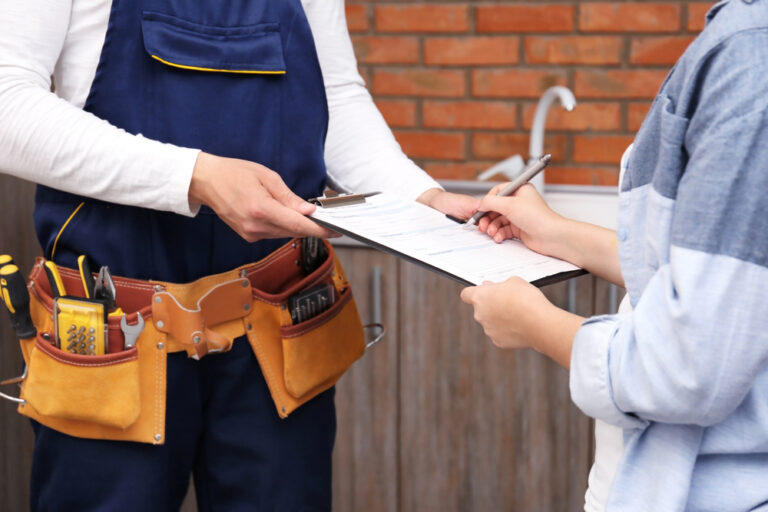
Aug 8, 2021
Technical Maintenance Guide in Choosing the Best Maintenance Package For Your Home
-
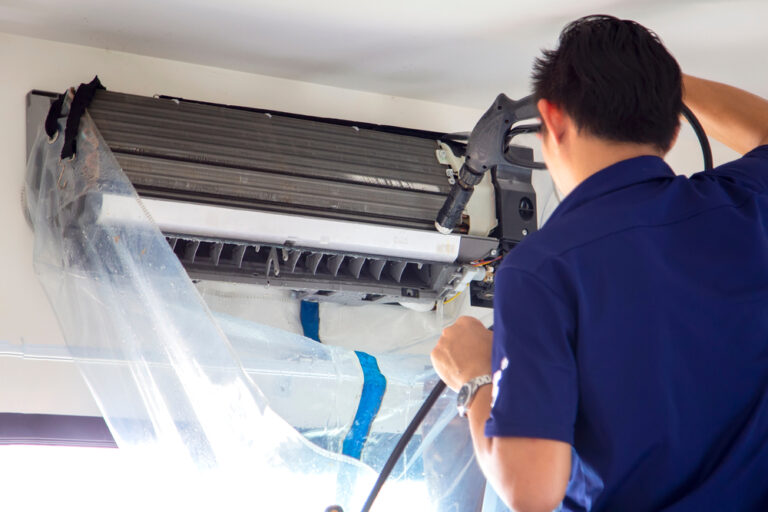
Aug 1, 2021
Healthier Celebrations: Avail a Professional Air Duct and Deep Clean Service
-
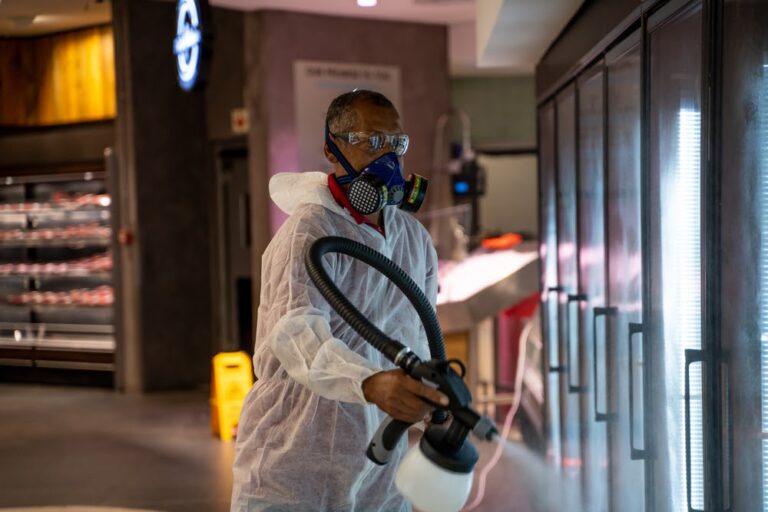
Jul 22, 2021
Expert’s Advice: How Often Does Your Retail Store Need To Be Sanitized?
-
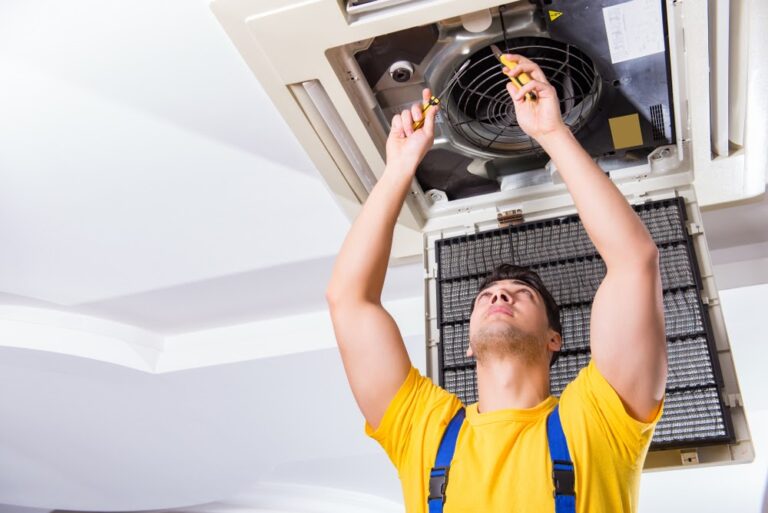
Jul 15, 2021
Beat The Intense Heat With Continuous Preventive Maintenance
-

Jul 8, 2021
Summer Tips: 4 Main Steps You Should Take To Conserve Energy From Your AC System
-

Jul 1, 2021
Why Improved Indoor Air Quality Is Vital For Your Business
-
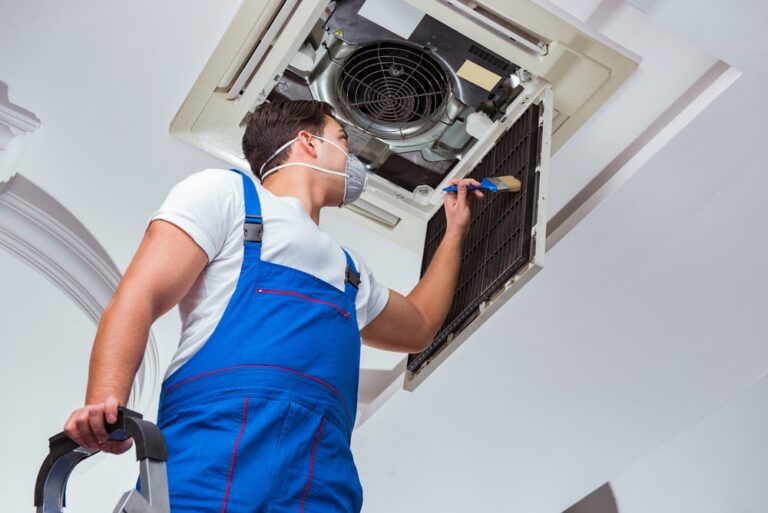
Jun 22, 2021
3 Major Ways In Which AC Servicing Ensure Safe & Effective Performance
-
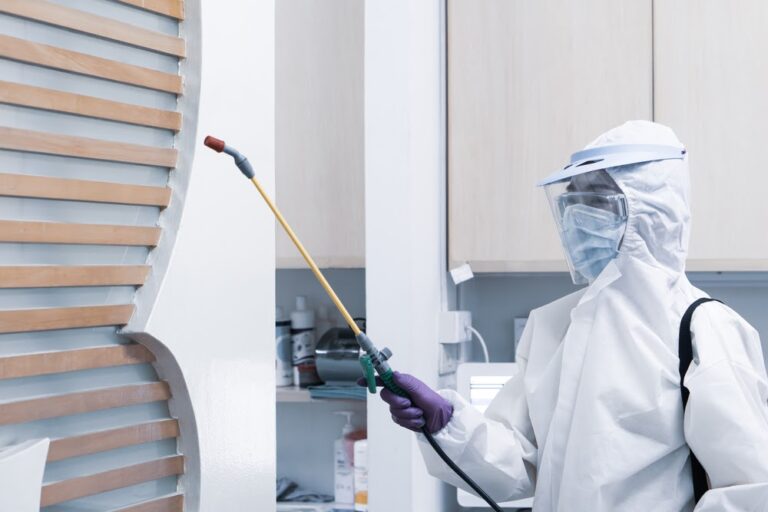
Jun 15, 2021
3 Things You Should Keep In Mind While Choosing The Best Disinfection Services
-

Jun 8, 2021
Hygiene Factors: Importance Of Improved Indoor Air Quality
-

Jun 1, 2021
Seasonal Changes: Avoiding The Risk Of Allergies With AC Servicing
-
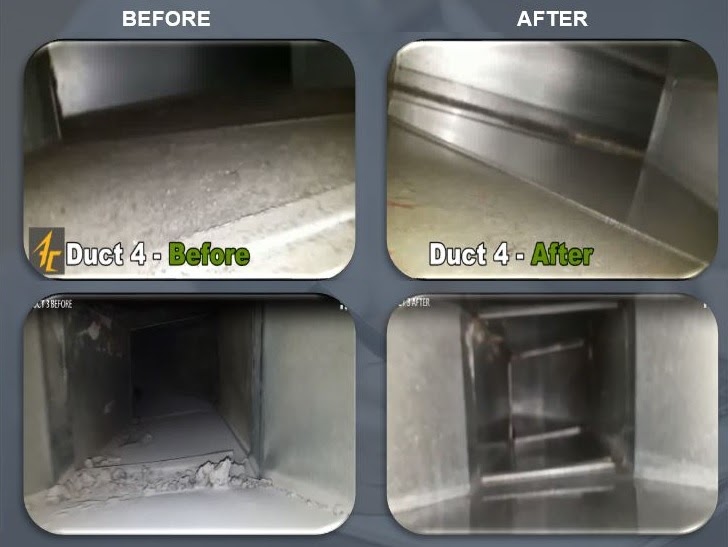
May 22, 2021
Why Is It Critical To Conduct Maintenance And Repair For Your Air Ducts?
-

May 15, 2021
The Ultimate Guide In Sanitizing Your Bedroom
-

May 8, 2021
Baffling Breakdowns: The Main Reasons Why Air Conditioning Systems Fail To Work
-

May 1, 2021
Five Signs That Your House Needs Urgent Maintenance
-

Apr 22, 2021
Moving Offices? Here Are 4 Essential Things That Should Be On Your Maintenance Checklist
-
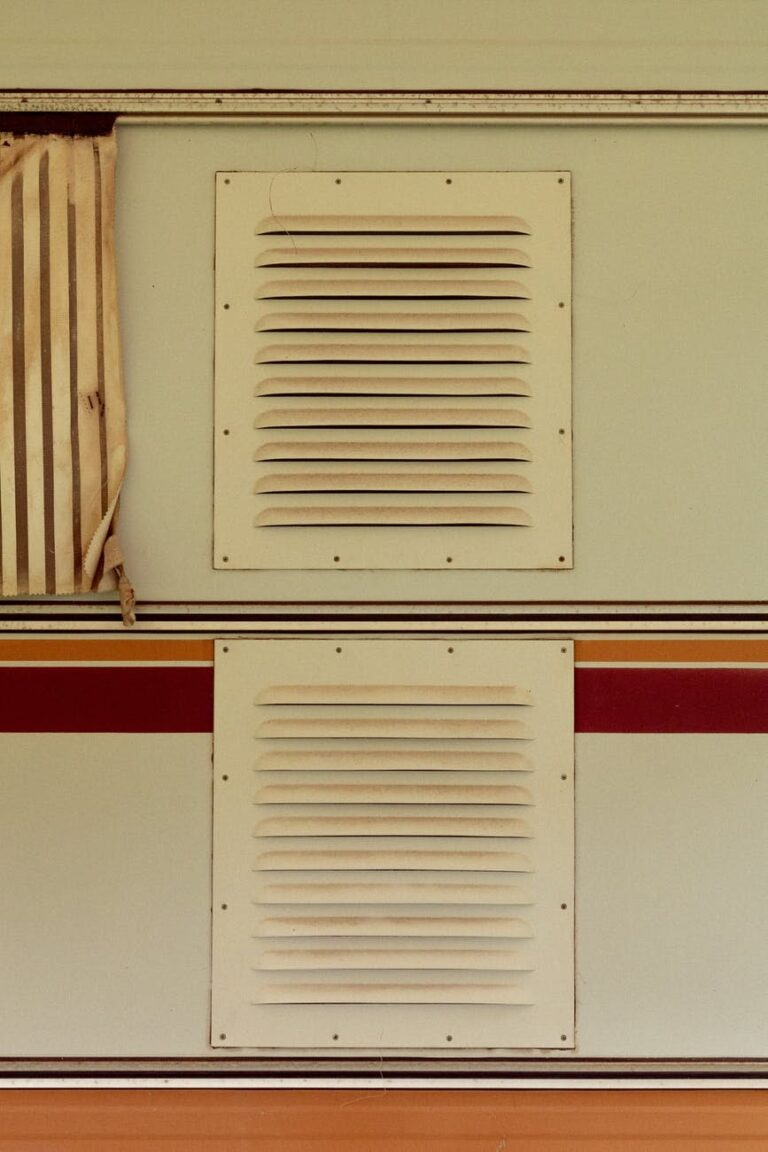
Apr 15, 2021
Summer Cleaning: Why Is It Important To Get Your AC Ducts Cleaned Before The Heat?
-
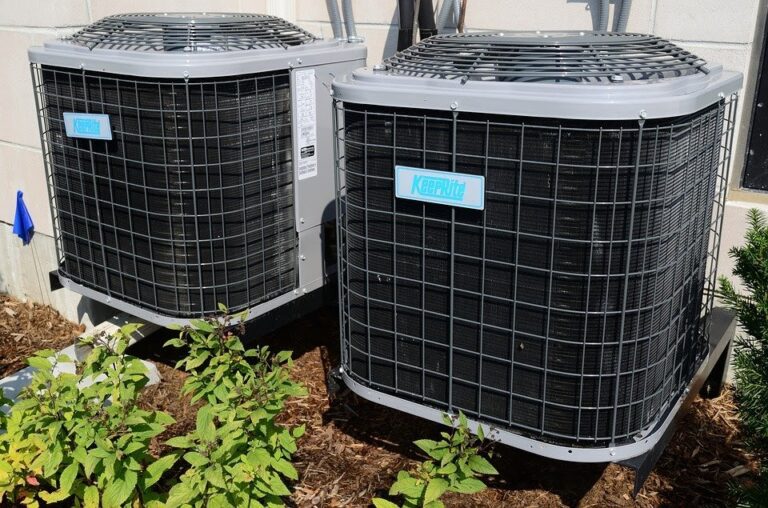
Apr 8, 2021
5 Ways That You Can Efficiently Maintain Your HVAC System
-

Apr 1, 2021
3 Major Reasons Why You Should Avail Home Sanitization Services Before Spring Break Arrives
-
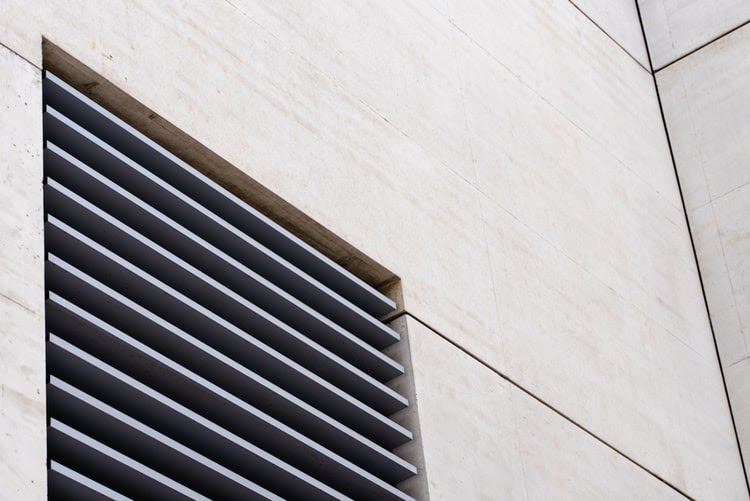
Mar 22, 2021
Spring Cleaning Checklist: Why Is It Important To Frequently Clean AC Ducts Before Summer Arrives
-

Mar 20, 2021
Supporting Mothers Role: A Super Clean Mother’s Day Gift
-
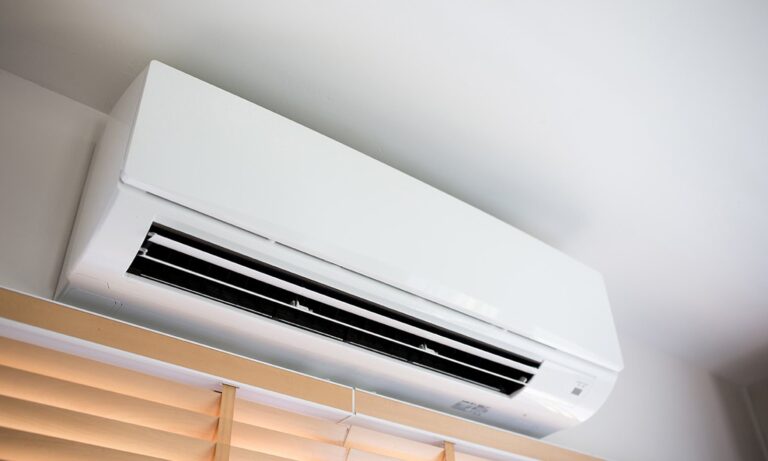
Mar 15, 2021
Declining Performance: Why You Should Maintain Your AC Frequently
-
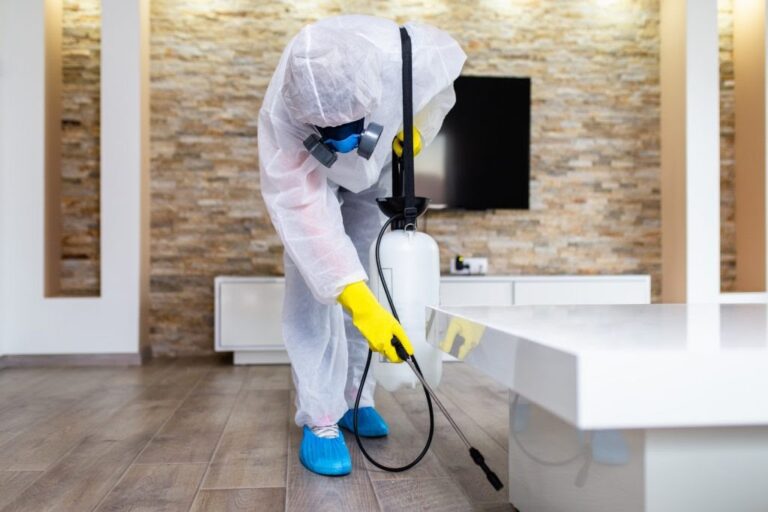
Mar 8, 2021
Safety Rules: 5 Reasons Why A Professional Disinfection Is Required In Your Home
-
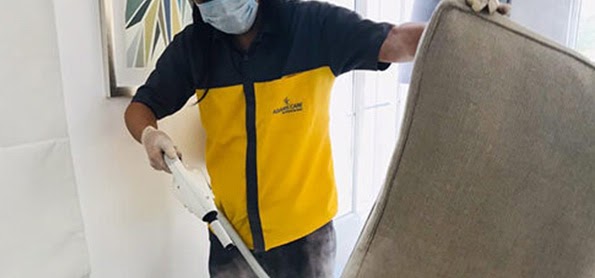
Mar 1, 2021
COVID-19 Alert: Why You Should Avail Home Sanitization Services Frequently
-

Jan 22, 2021
A Look Into The Positive Effects Upholstery Maintenance Has On Your Child’s Allergy Triggers
-
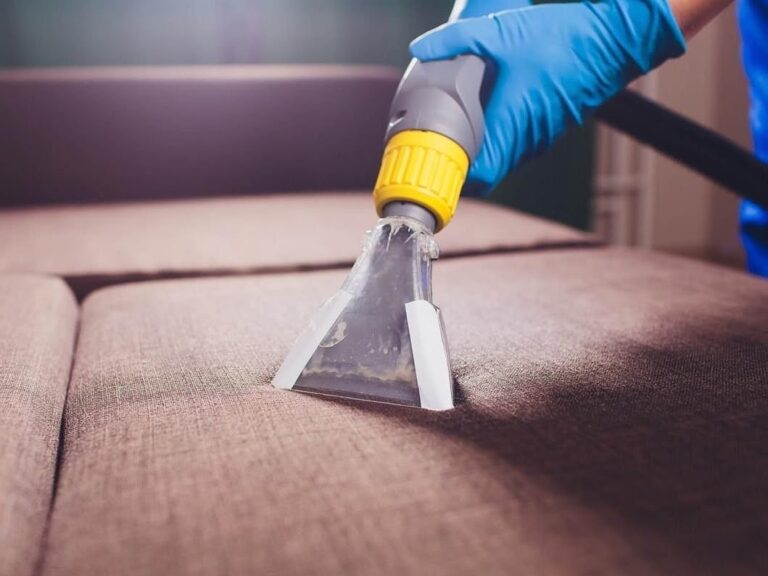
Jan 15, 2021
Here are 3 Places You Should Definitely Sanitize In A House Full Of Children
-
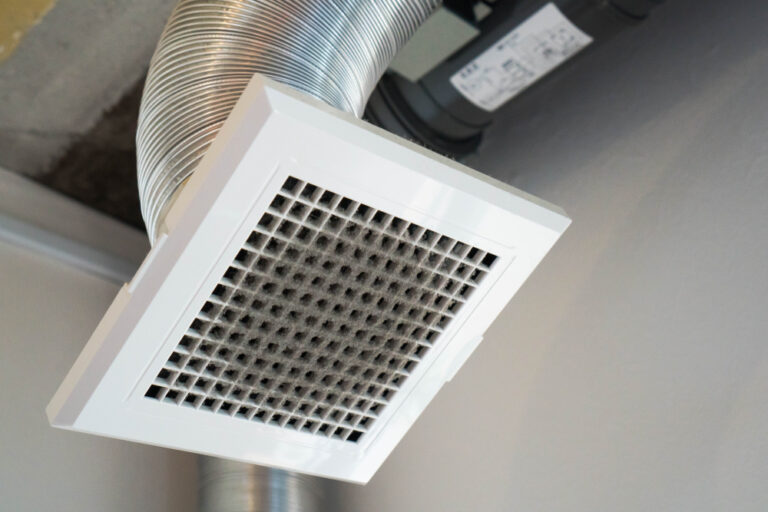
Jan 8, 2021
Duct Cleaning Essentials: 5 Preventive Measures For Maintaining The Health Of Your Elderly Family Members
-
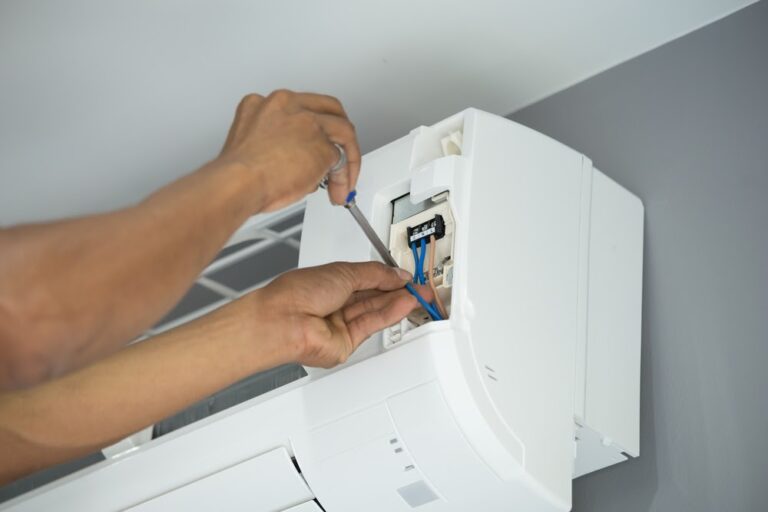
Jan 1, 2021
Preventing Hazards: Why Is It Important To Regularly Check For Frayed Wires In Your HVAC Unit?
-

Dec 17, 2020
Sick Building Syndrome: How AC Duct Cleaning Can Help Improve Indoor Air Quality
-
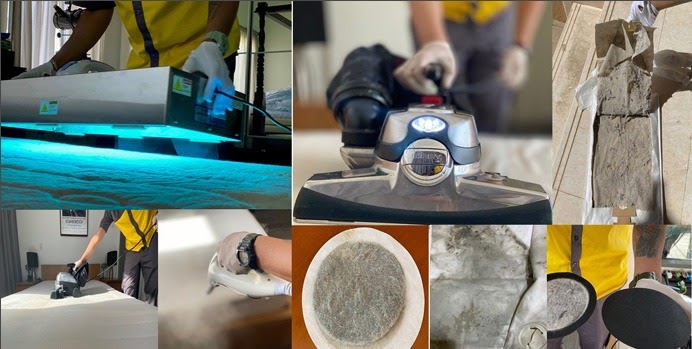
Dec 10, 2020
Healthier Beginnings: Starting 2021 Right By Deep Cleaning Your Mattress
-

Dec 6, 2020
Breathe Easy This 2021: Look Forward To A Healthy Year With AC Duct Cleaning
-
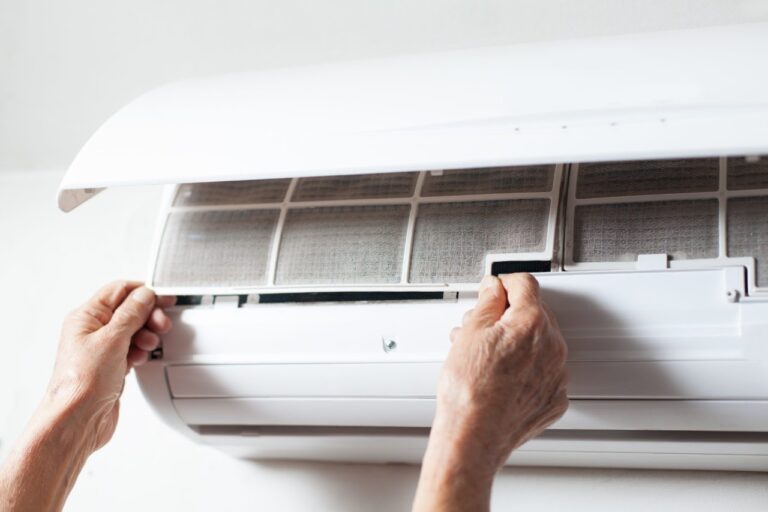
Dec 1, 2020
4 Easy Tips On How To Perfectly Clean Your AC System
-

Nov 28, 2020
You May Not Be Disinfecting Your Home Properly- Find Out Why
-
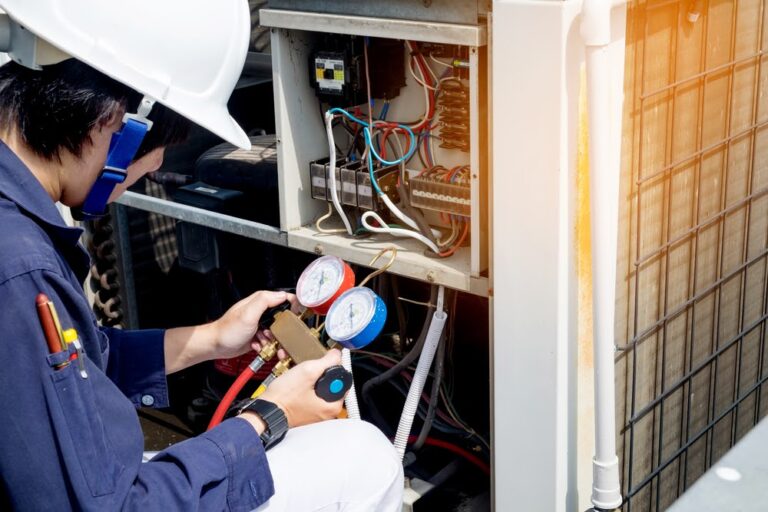
Nov 21, 2020
AC Short Cycling: A Brief Guide On How You To Detect The Main Cause
-
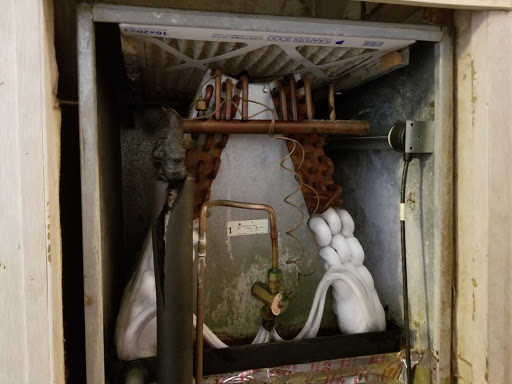
Nov 14, 2020
Frozen Evaporator Coil? Here’s What You Can Do To Fix It
-
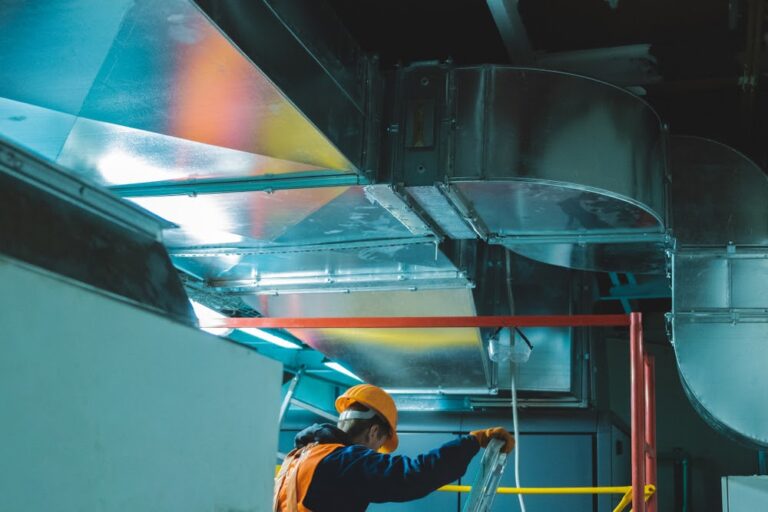
Nov 7, 2020
Reasons To Look For “NADCA-Certified” AC Duct Cleaning Company
-
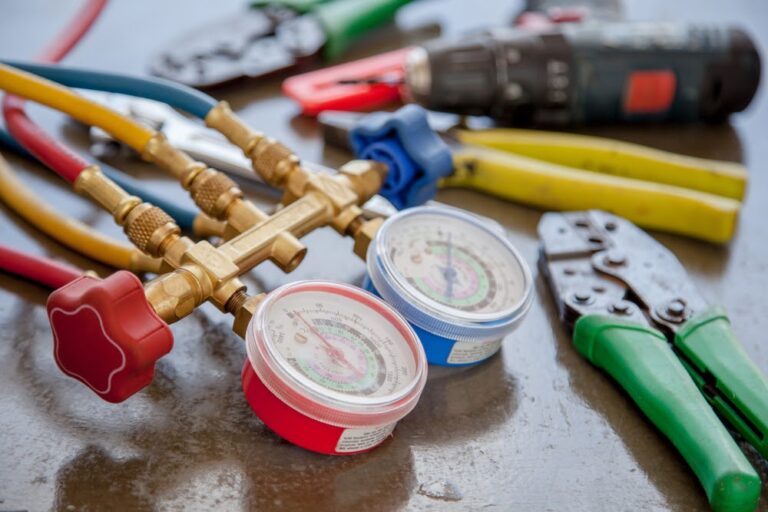
Oct 29, 2020
Reasons Behind Your AC’s Water Leakage
-
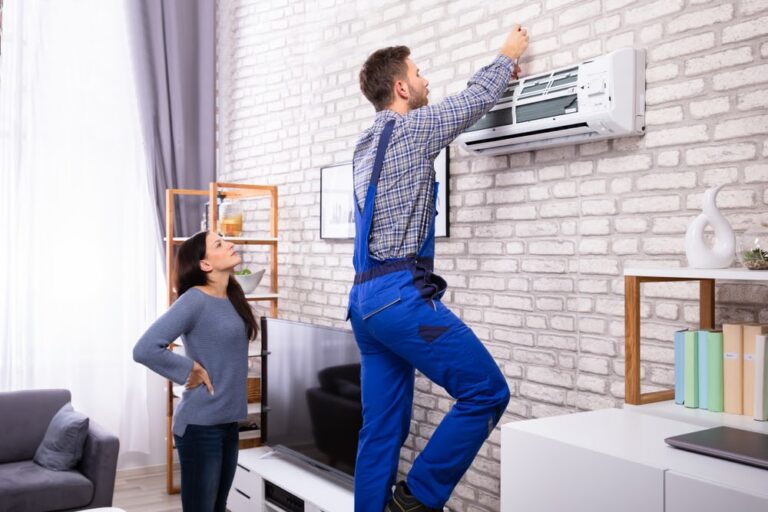
Oct 14, 2020
3 Signs You Should Look For To Detect Faulty AC Installation
-
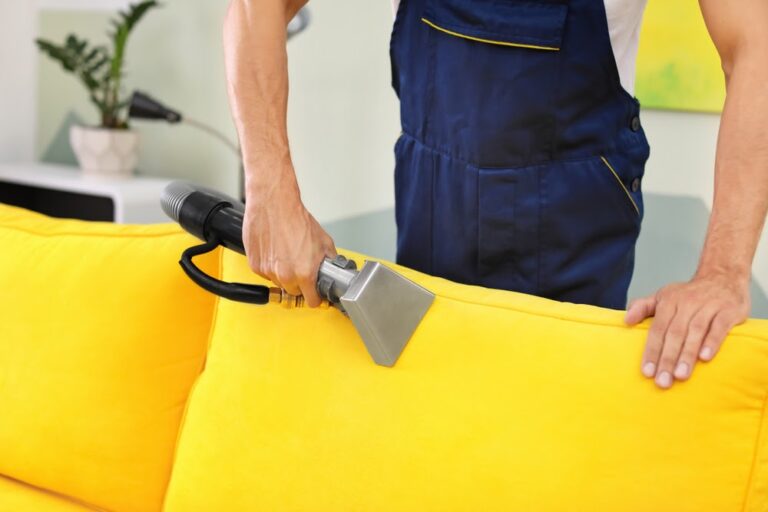
Oct 9, 2020
Why You Should Take A Different Approach In Cleaning Your Upholstery
-

Oct 4, 2020
Can’t Switch On Your AC? Find Out What’s Wrong
-

Sep 22, 2020
5 Things To Look For If Your AC’s Airflow Is Blocked
-

Sep 15, 2020
Protect Your Home Through Safe Sanitization
-

Sep 8, 2020
Just Moved In? Why Preventive Maintenance Is Important
-

Sep 1, 2020
What’s That Stench? 4 Reasons Why Your AC Emits A Bad Odor
-

Aug 24, 2020
Don’t DIY Your AC Repair!
-

Aug 17, 2020
FAQs About AC Maintenance- Answered
-

Aug 10, 2020
Things To Keep In Check In Maintaining And Cleaning Upholstery
-

Aug 3, 2020
What Is That Noise? – 5 Noises Your AC Might Be Making & What It Means
-

Jul 23, 2020
New House? Why A Handyman Can Help You Turn It Into A Home
-

Jul 16, 2020
Why Is My AC Not Blowing Cold Air? And Other Summer AC Dilemmas
-

Jul 9, 2020
Clean And Bright: Get On With Summer Cleaning With These Sanitization Tips
-

Jul 2, 2020
Stop Summer Asthma And Allergy Triggers With Regular AC maintenance
-

Jun 22, 2020
Learn The Benefits That Mattress Deep Cleaning Offers To Your Wellbeing
-

Jun 16, 2020
Electrical Repairs: How To Read The Warning Signs
-

Jun 9, 2020
Why AC Maintenance Should Be A Priority During The Pandemic
-

Jun 2, 2020
What An Annual AC Maintenance Checklist Includes
-

May 28, 2020
Eco-Friendly Approaches To Sanitizing Your Home
-

May 12, 2020
Why Do Air Conditioning Units Increase Electricity Usage?
-

May 9, 2020
How Preventive Maintenance Can Prove To Be The Perfect ROI
-

May 2, 2020
7 Ways In Which Unclean Air Ducts Can Negatively Impact Your Health
-

Apr 26, 2020
How Staying At Home Gives You The Chance To Clean Your furniture
-

Apr 19, 2020
Why Right Now Is The Best Time For A Home Sanitization
-

Apr 9, 2020
Office Disinfection: All You Need To Know To Keep Your Workspace Clean And Safe
-

Apr 5, 2020
7 Reasons To Have Your AC Cleaned And Sanitized
-
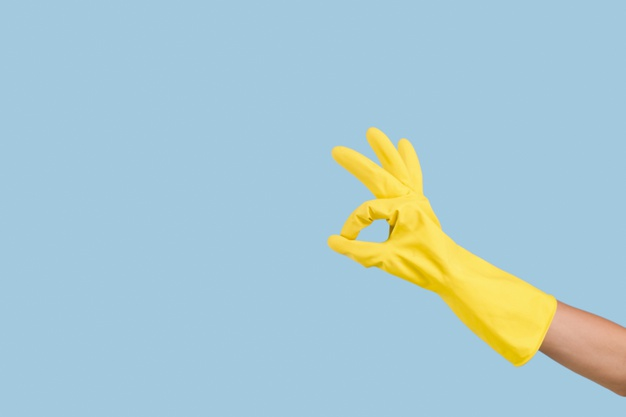
Mar 22, 2020
How To Sanitize and Disinfect Your Furniture This Flu Season
-

Mar 18, 2020
How To Prevent Airborne Illnesses Through Your AC
-

Mar 9, 2020
How Indoor Air Quality Affects Your Brain Activity
-
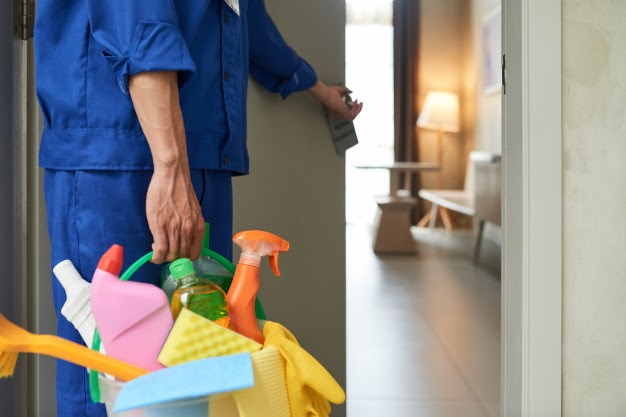
Feb 27, 2020
Getting Rid Of Home Allergens Affecting Your Furniture
-
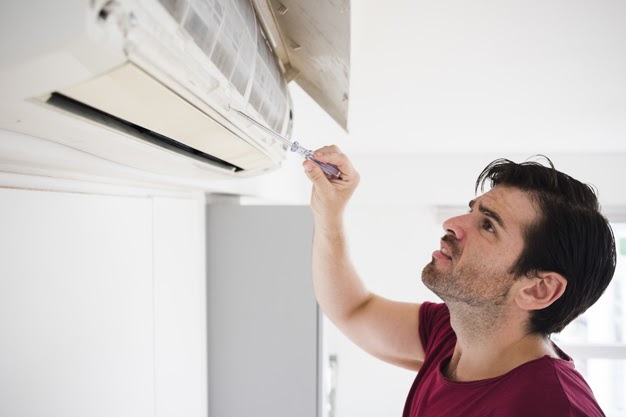
Feb 19, 2020
How Facility Managers Can Ensure Better HVAC Performance
-
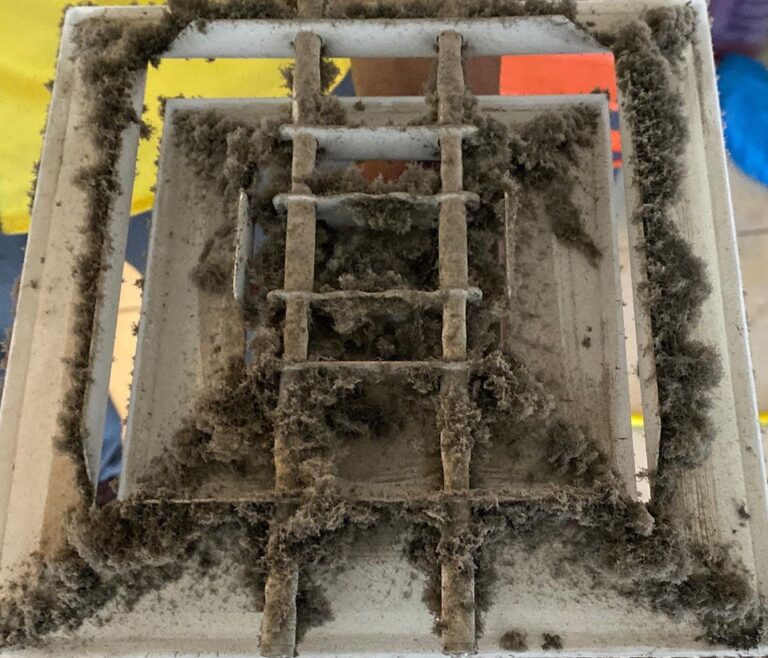
Feb 12, 2020
House Smelling Musty? Here’s How You Can Get Rid Of It For Good
-
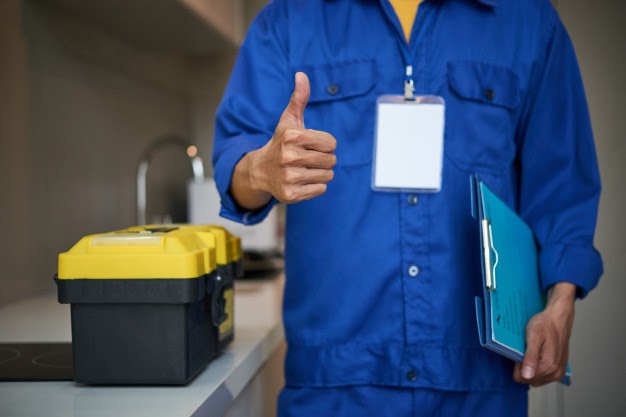
Jan 28, 2020
How Important Are Annual Maintenance Contracts For Homes and Offices
-
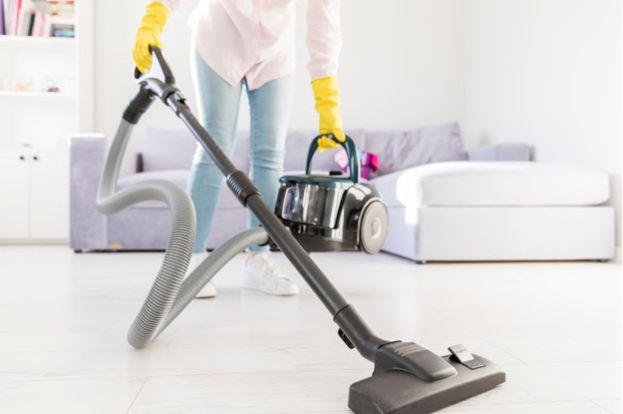
Jan 20, 2020
Find Out Why You Should Sanitize Your Furniture This 2020
-
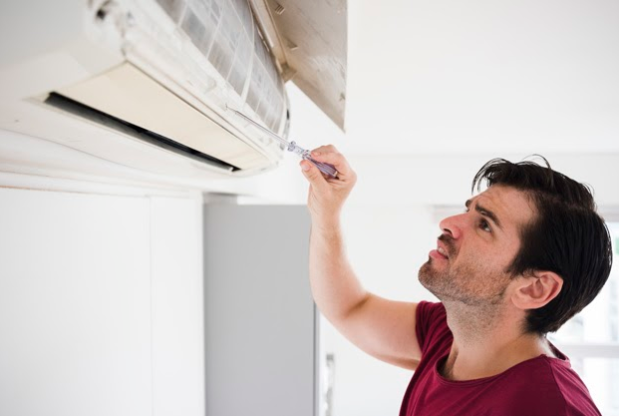
Jan 3, 2020
New Home? Here’s Why You Should Start With AC Duct Cleaning
-

Dec 30, 2019
The Dangers Of Poorly Maintained Air Conditioning Units
-
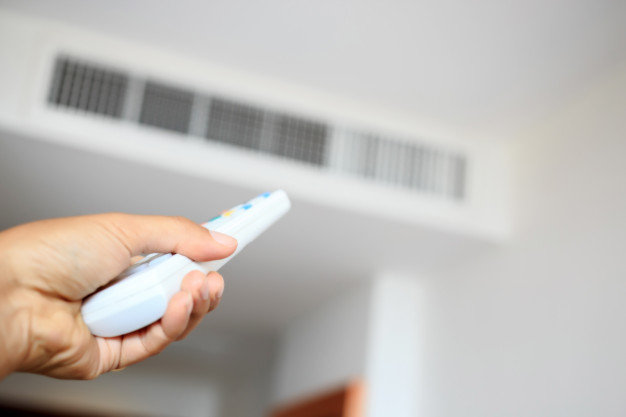
Dec 27, 2019
How Can HVAC Maintenance Boost Workplace Productivity
-
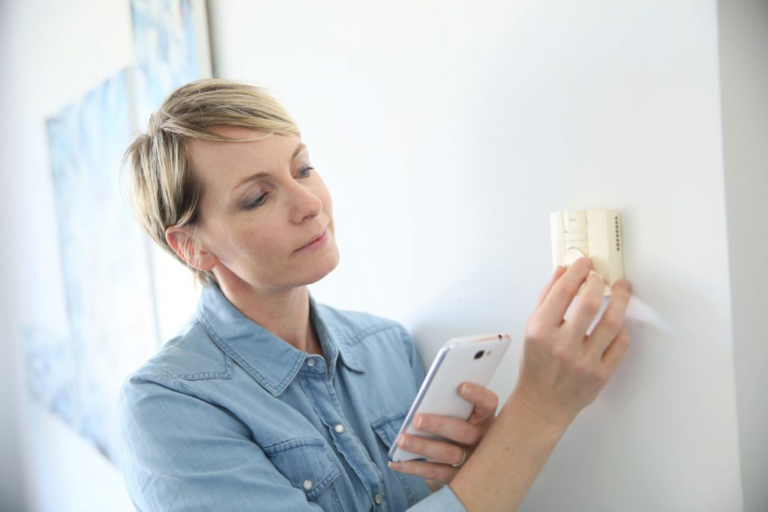
Dec 15, 2019
Check For These 5 Things Before Scheduling Your HVAC Appointment
-

Nov 28, 2019
Heads Up Pet Owners: Here’s Why Air Duct Cleaning is a Must For You
-
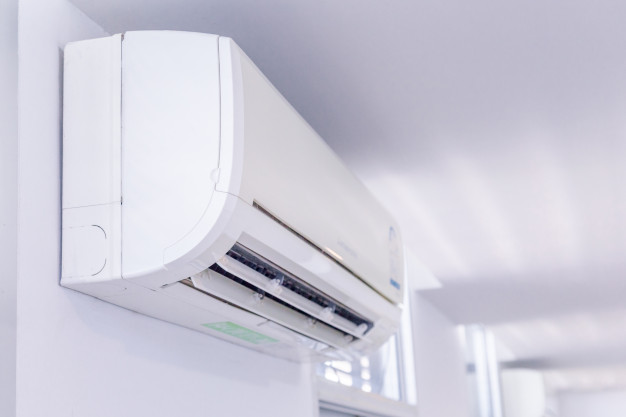
Nov 24, 2019
3 Ways You’re Damaging Your AC System Without You Noticing
-
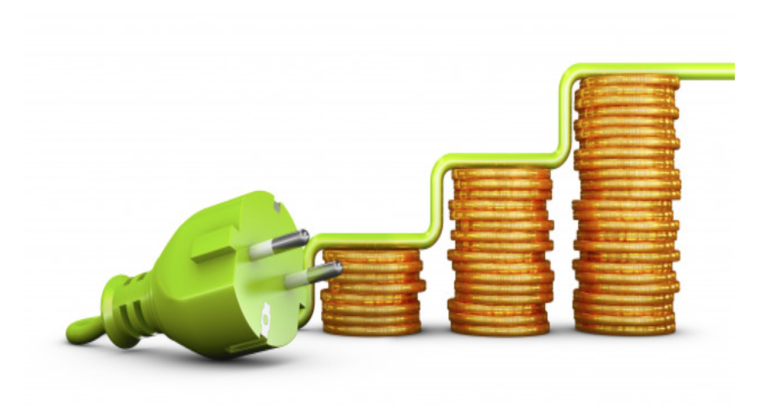
Nov 12, 2019
4 AC Energy-Saving Tips To Minimize Your Next Electric Bill
-
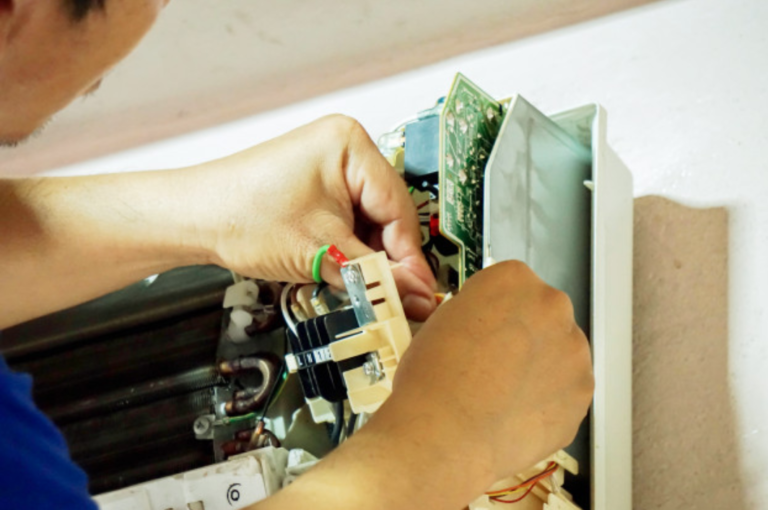
Nov 5, 2019
What’s Wrong With Your AC? 5 Ways To Spot Hidden Issues in Your System
-
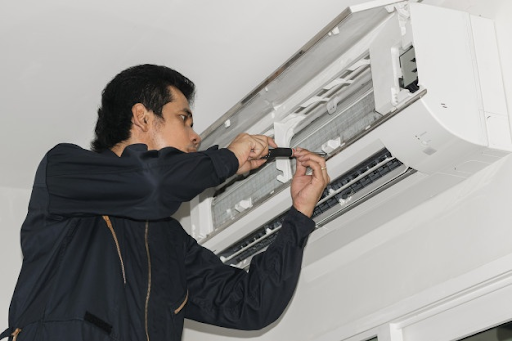
Oct 20, 2019
How Often Does An Air Conditioner Need Servicing?
-
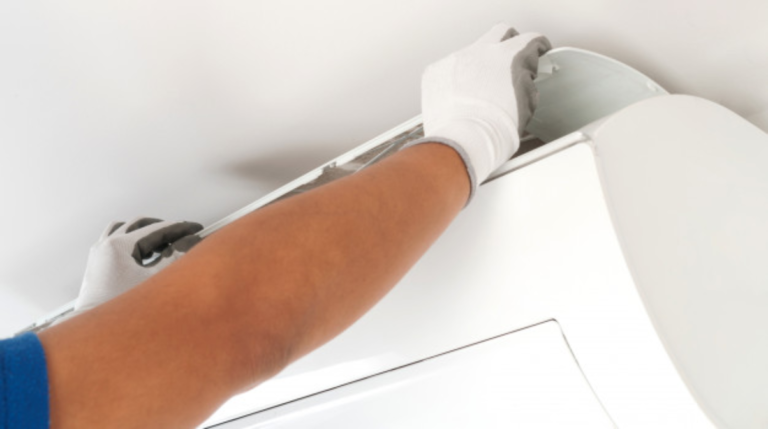
Oct 15, 2019
What Happens When You Don’t Regularly Clean Your HVAC System
-
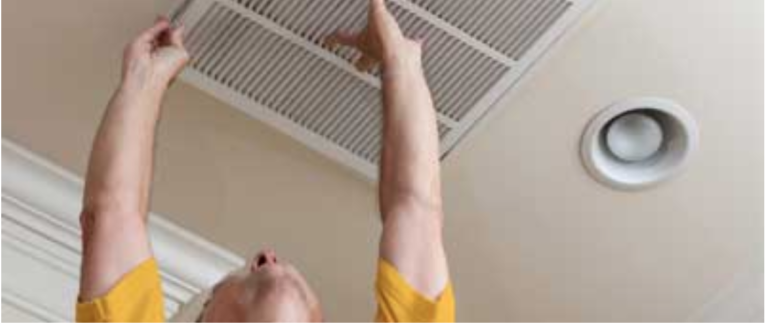
Oct 8, 2019
5 Signs That You Need To Call For Home Maintenance
-
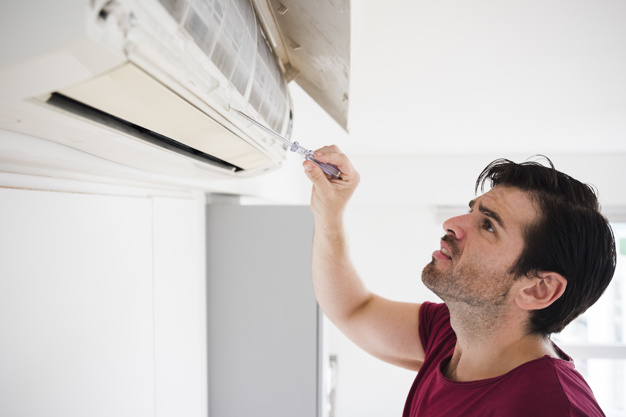
Oct 2, 2019
Should You Repair or Replace Your Air Conditioner?
-
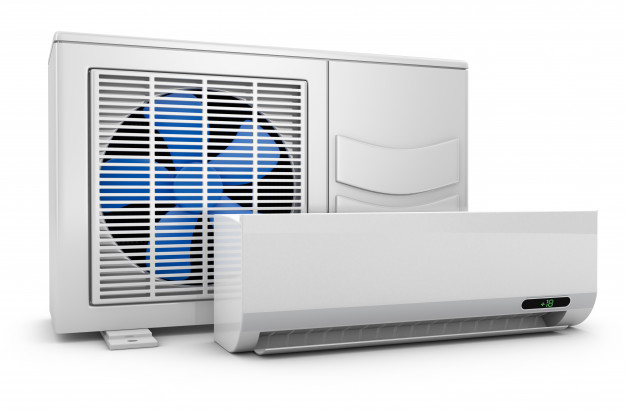
Sep 18, 2019
What To Consider When Buying A New HVAC System
-
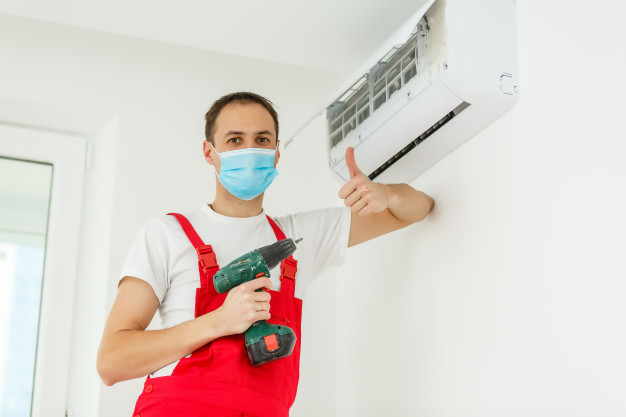
Sep 5, 2019
Guidelines To Find A Professional AC Maintenance Company In The UAE
-
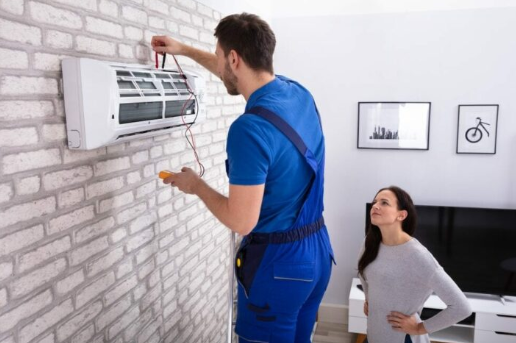
Aug 12, 2019
Learn How to Choose the Best HVAC Repair Service
-
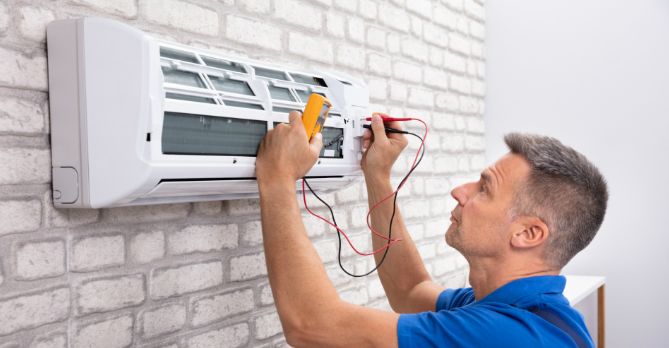
Aug 5, 2019
How to Save Money on Air Conditioner Repair Costs
-
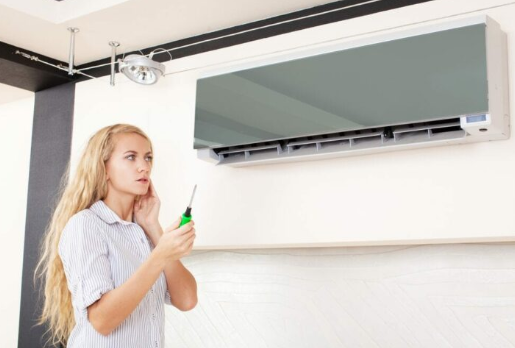
Jul 28, 2019
How to Improve the Efficiency of Your AC While Saving Costs
-
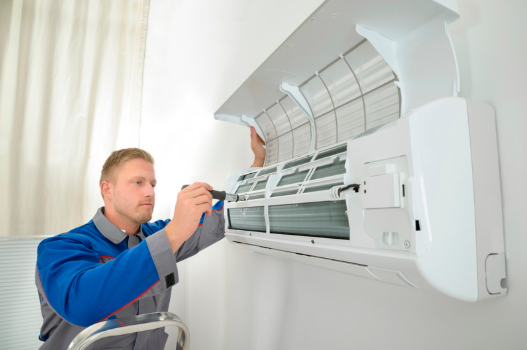
Jul 21, 2019
How Frequent Servicing of Your AC Results in More Savings
-
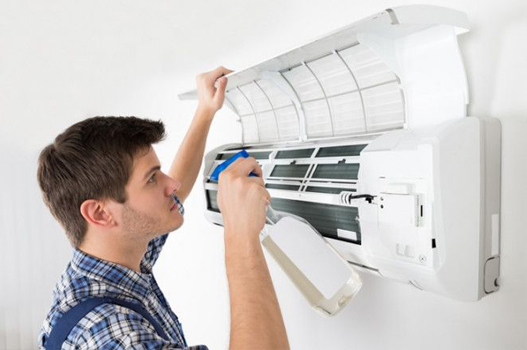
Jul 14, 2019
What to Keep in Mind Before Hiring an AC Technician
-
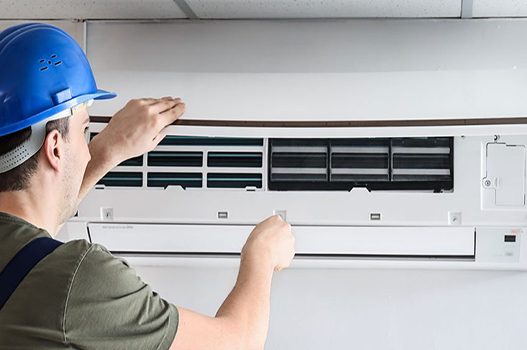
Jul 7, 2019
The 5 Major Advantages of AC Duct Cleaning





